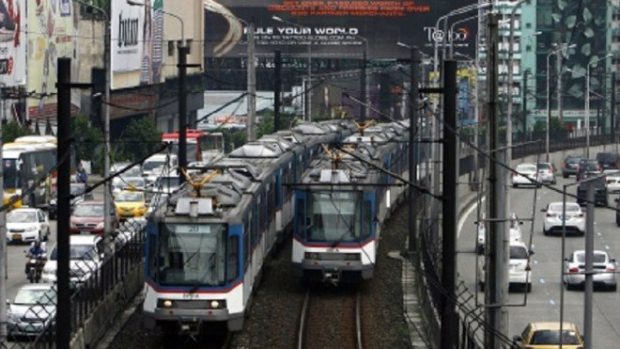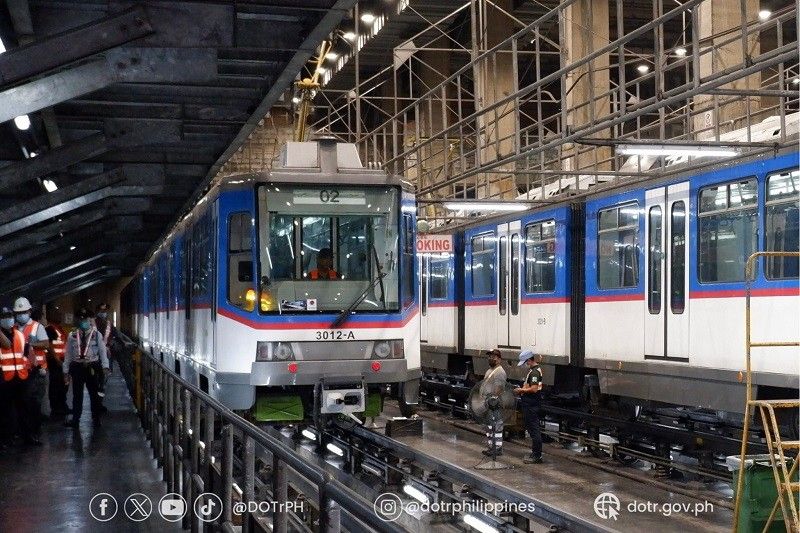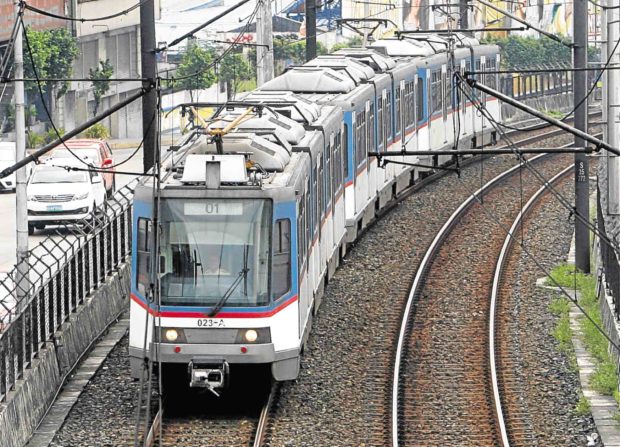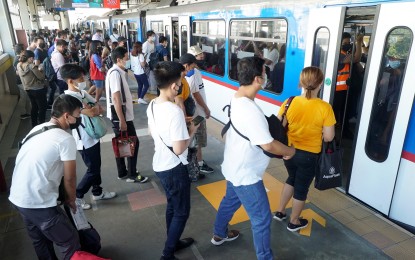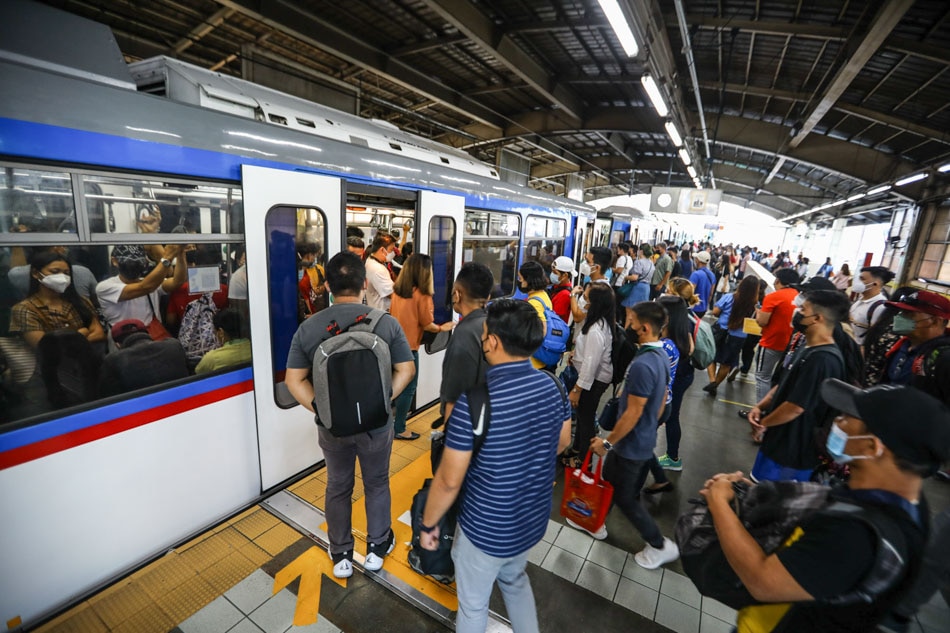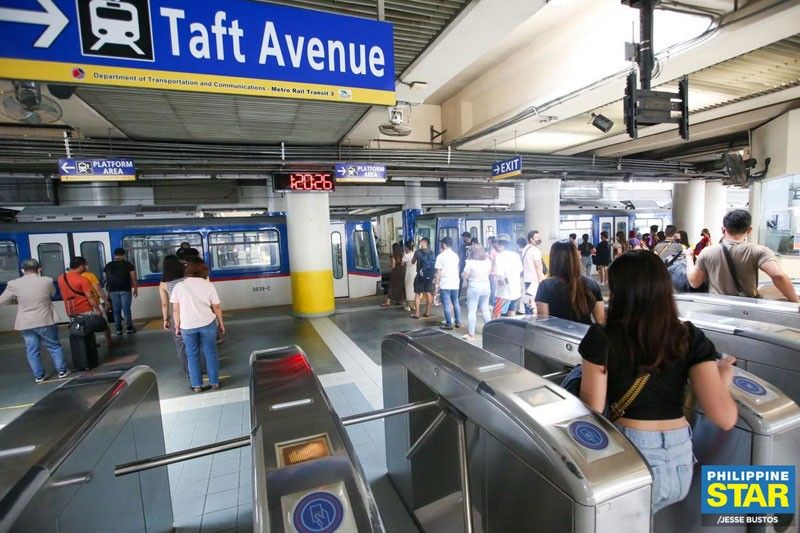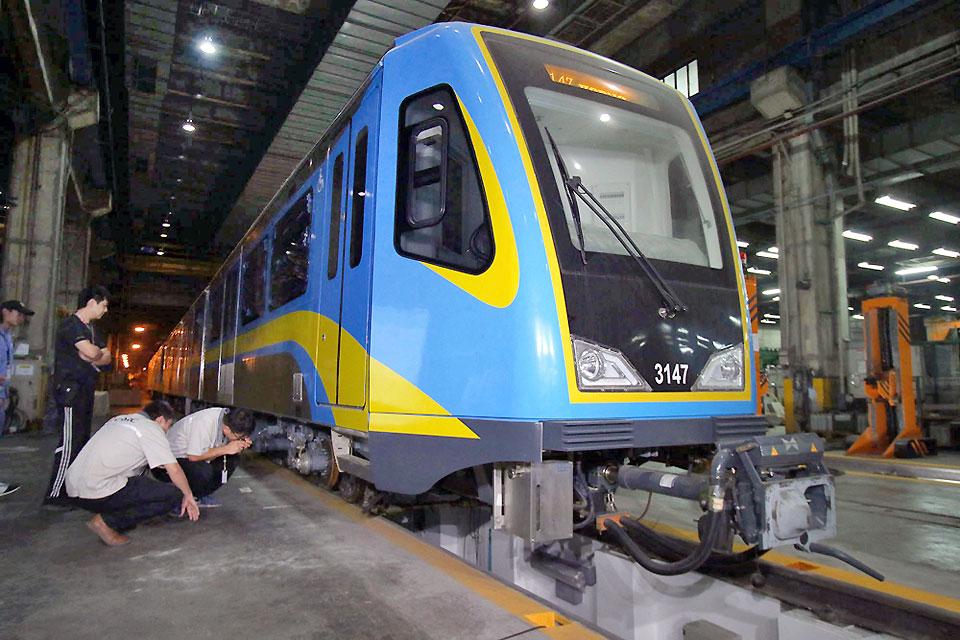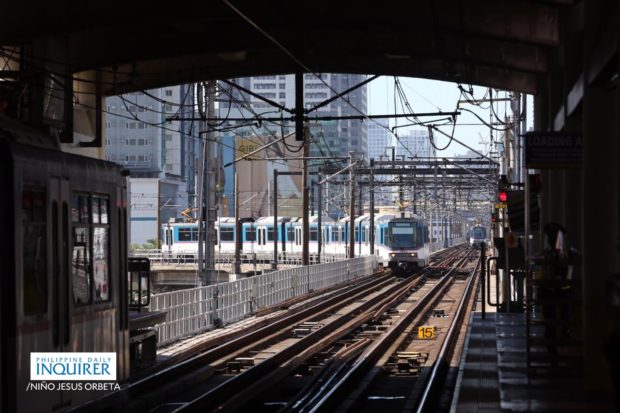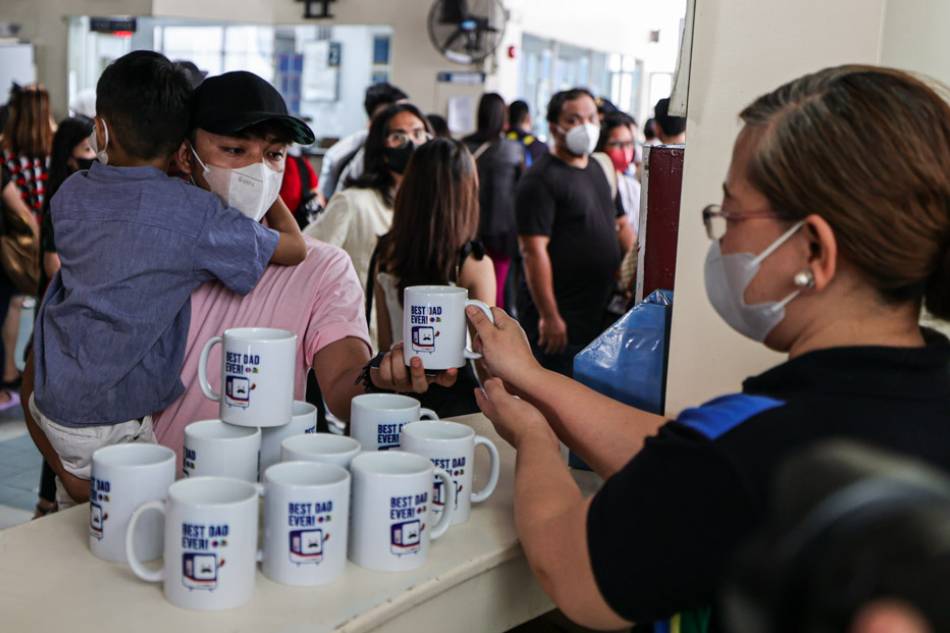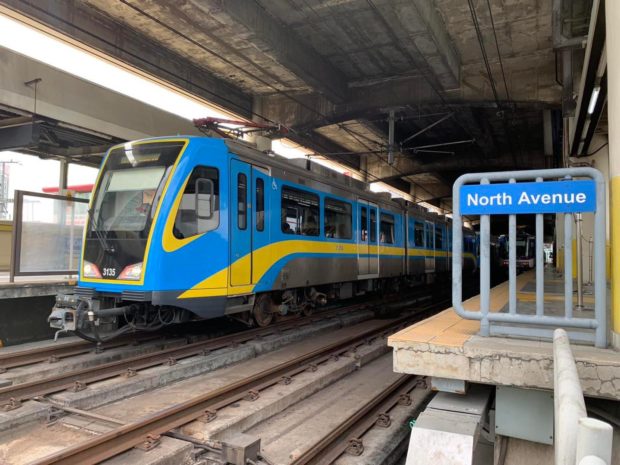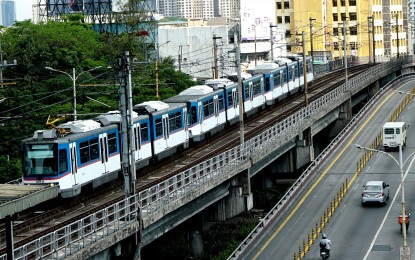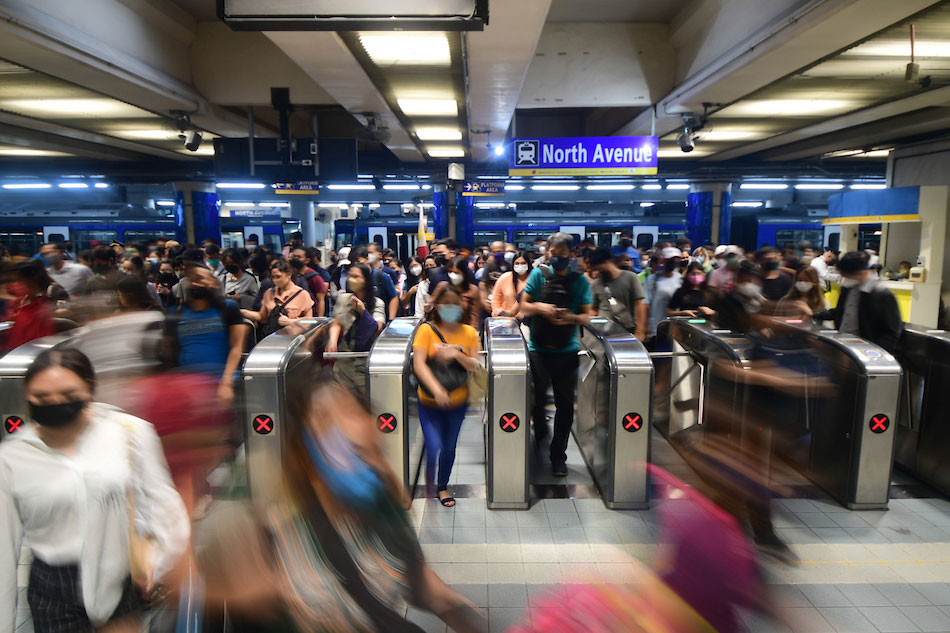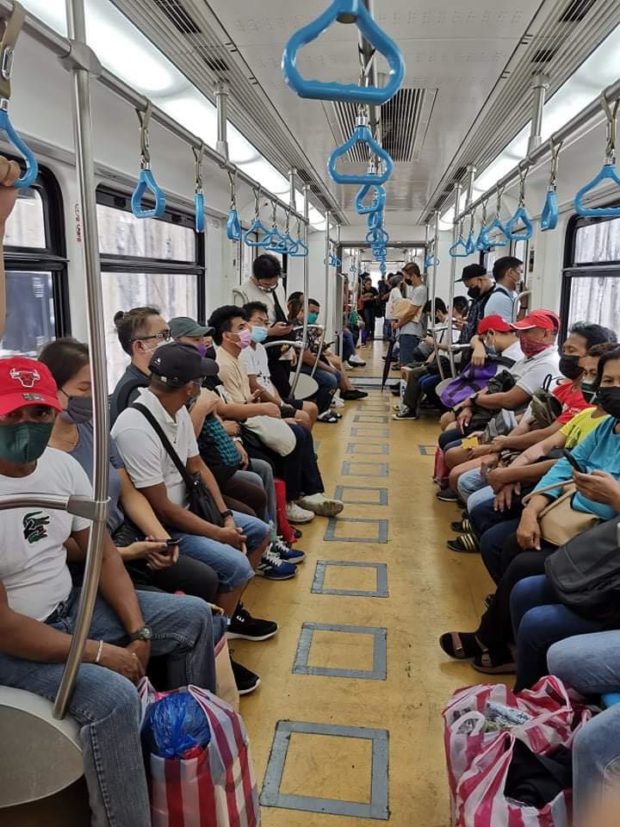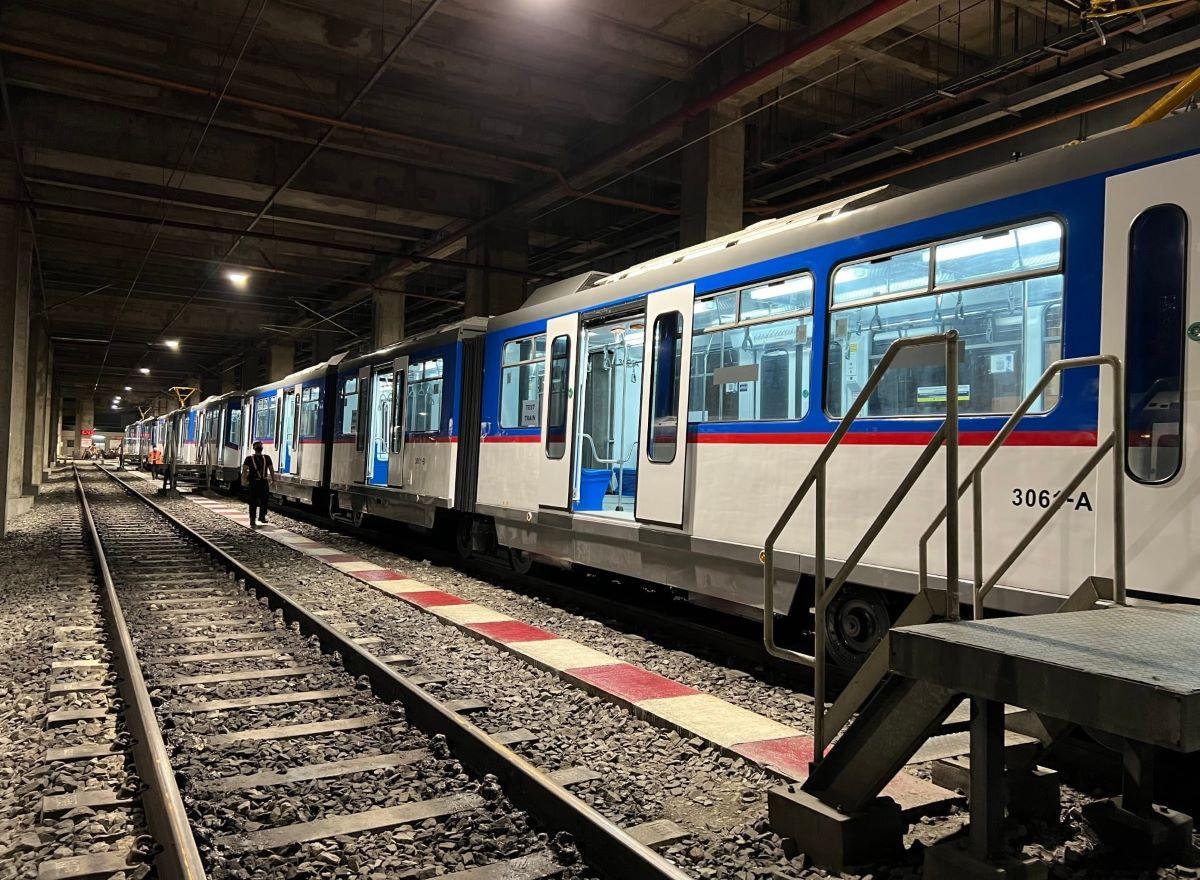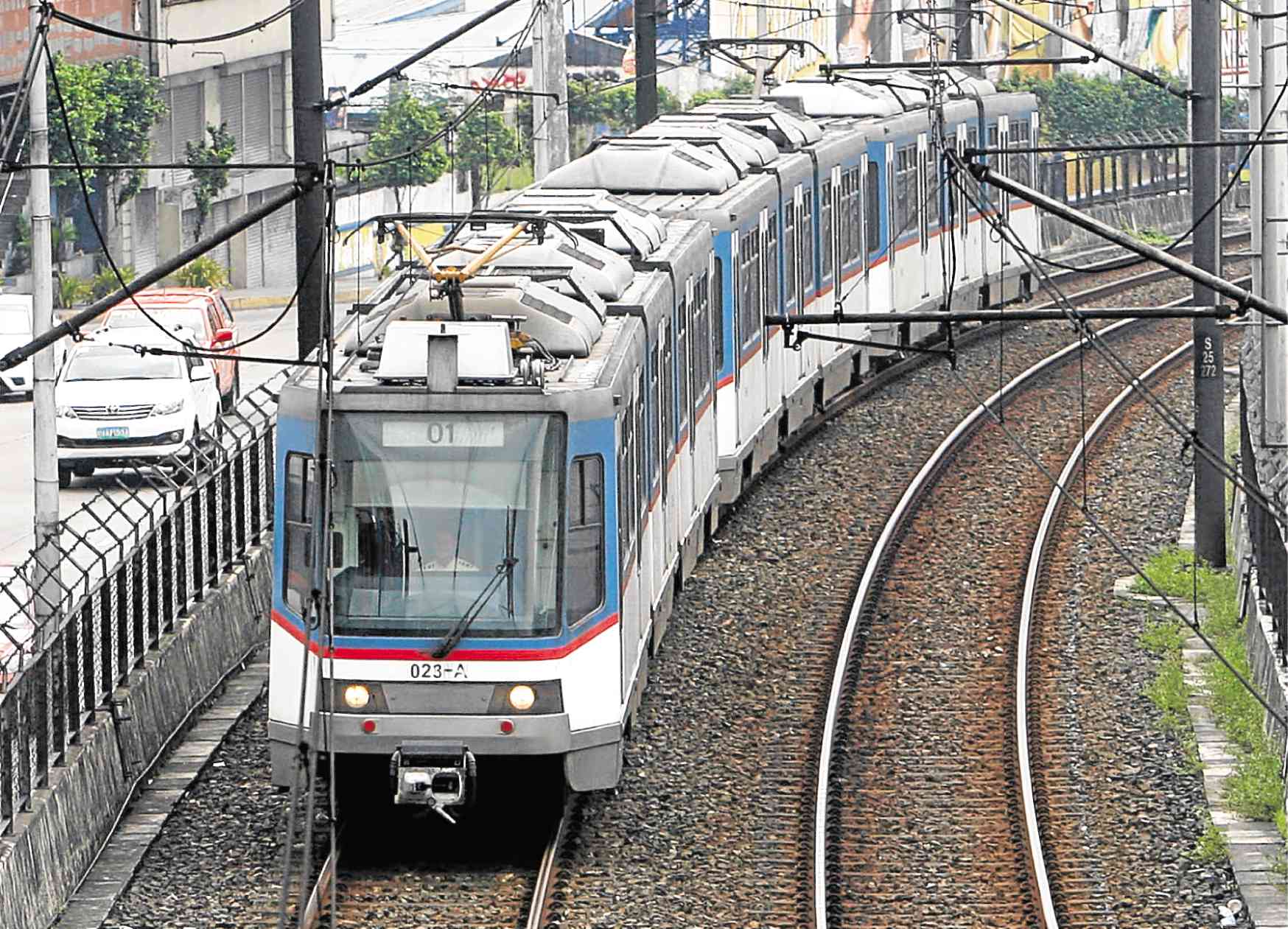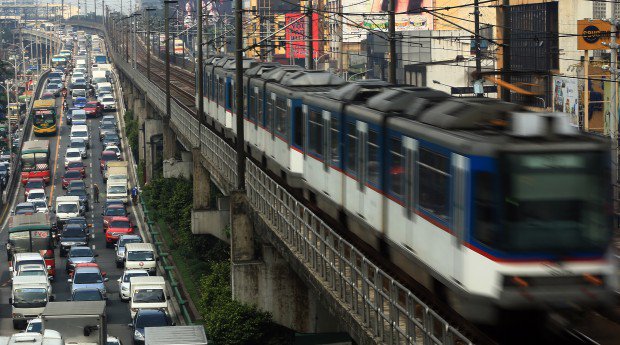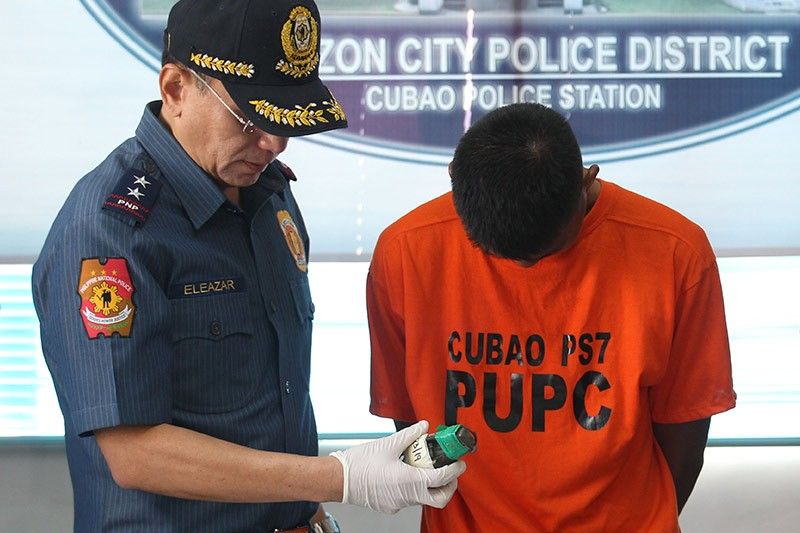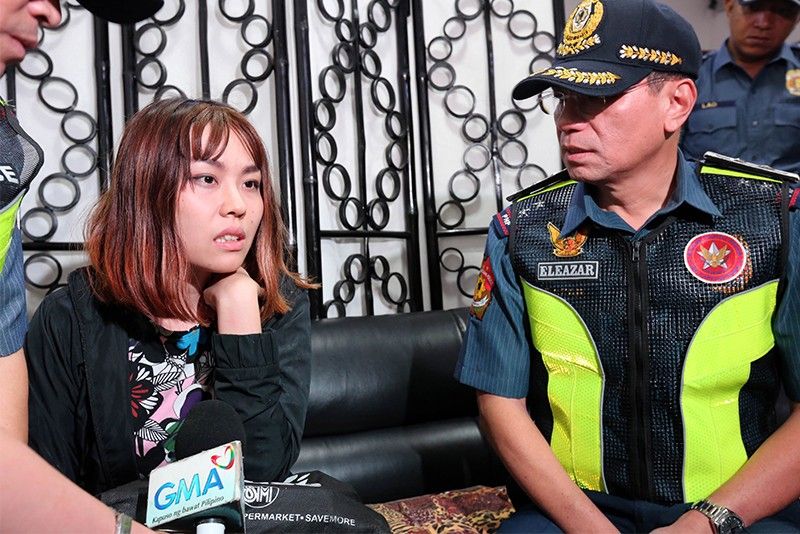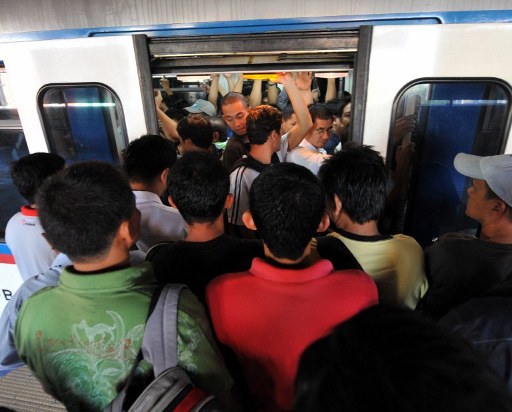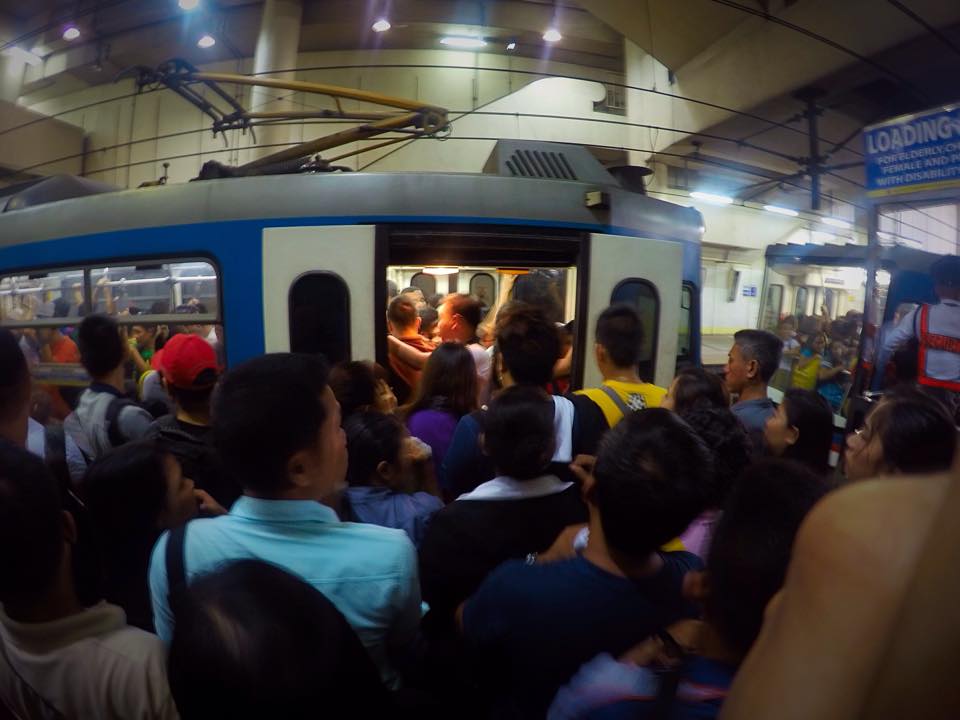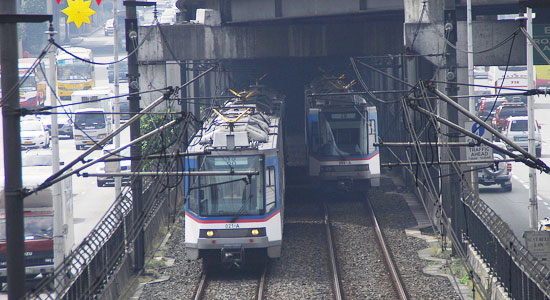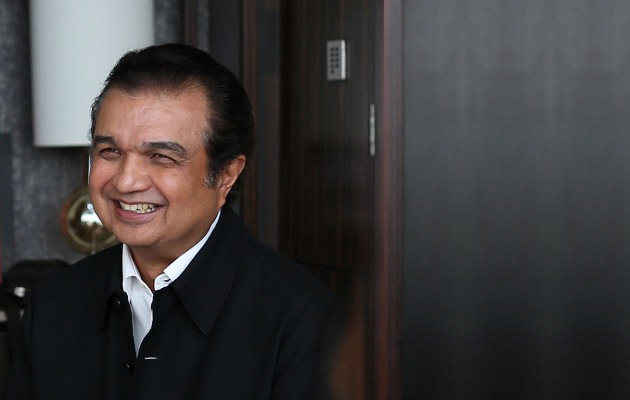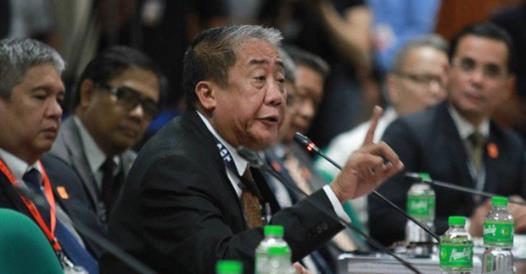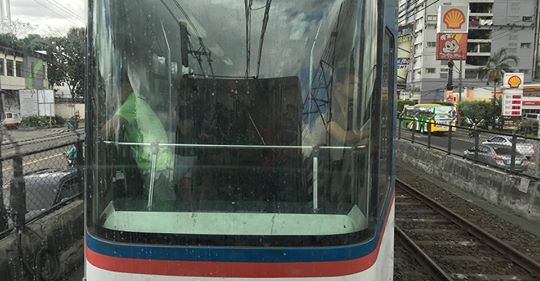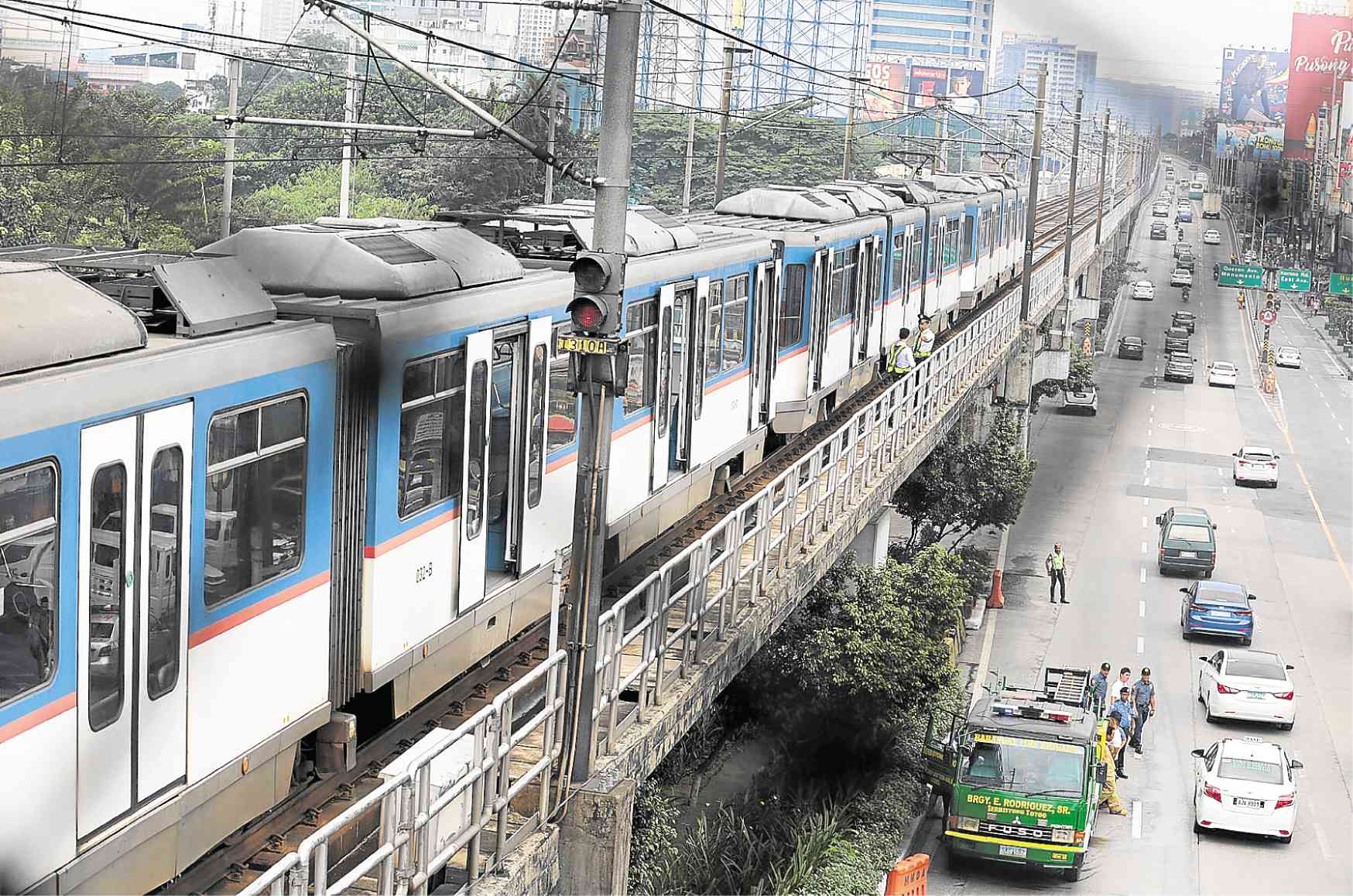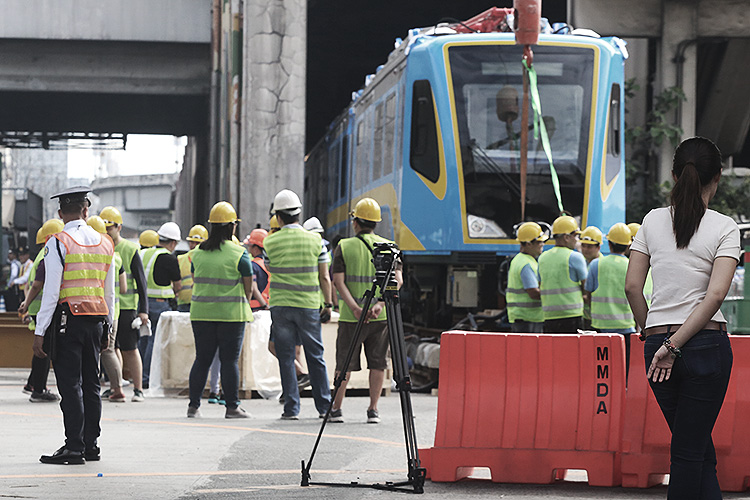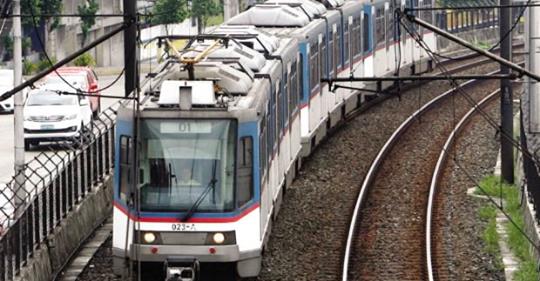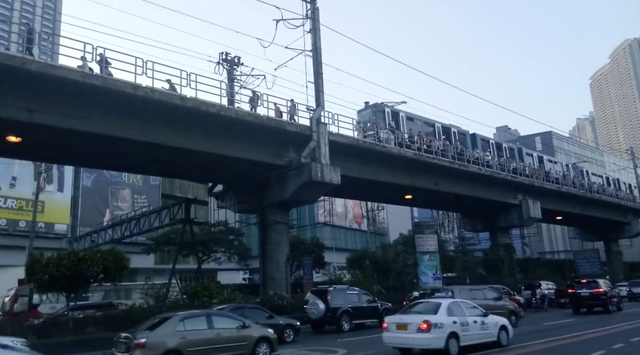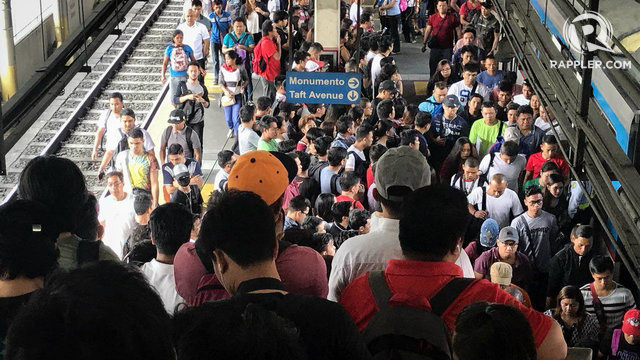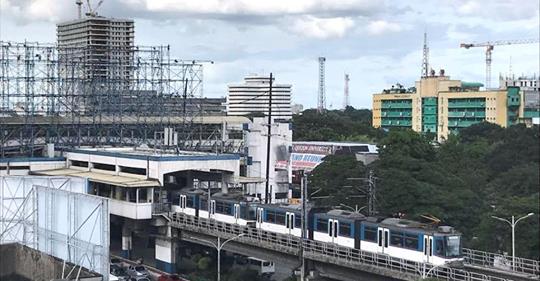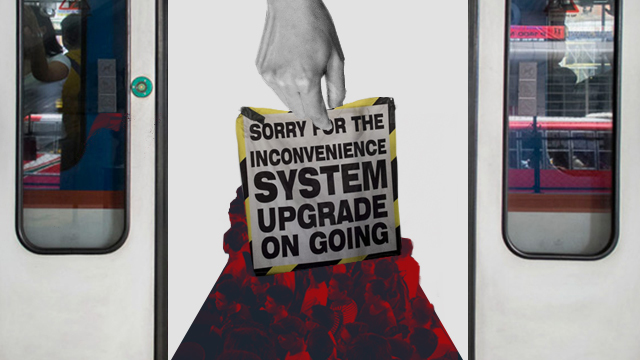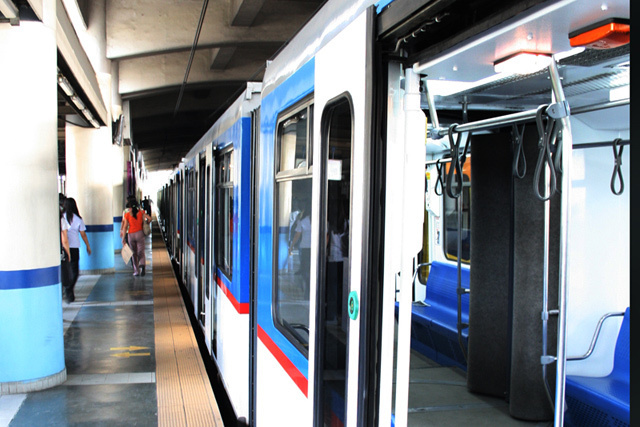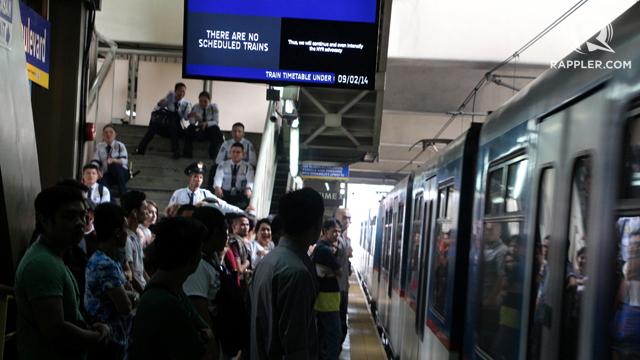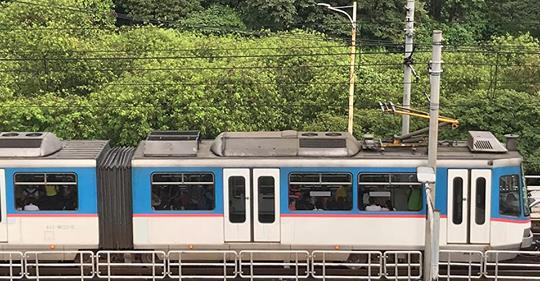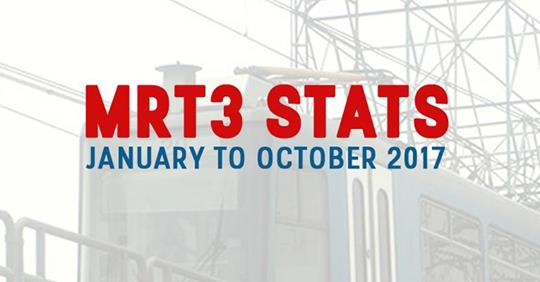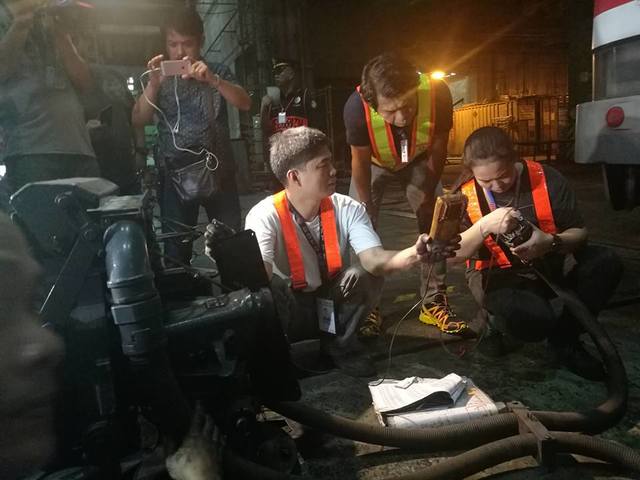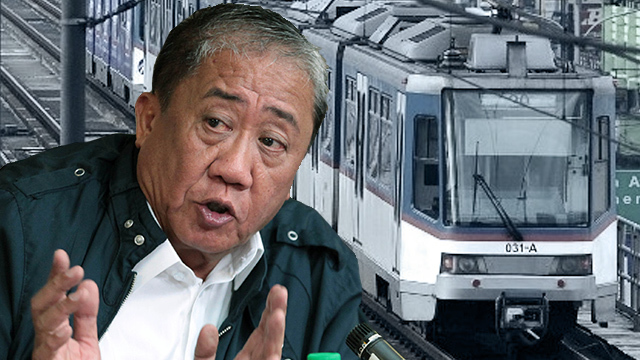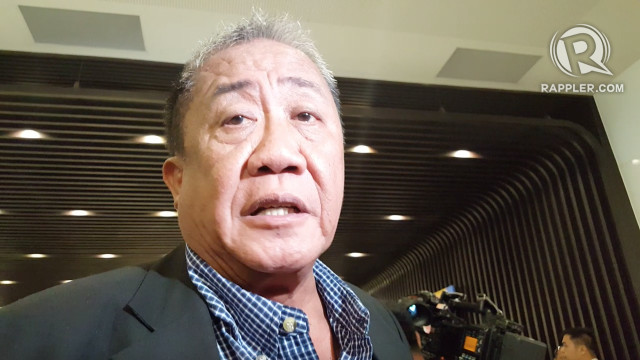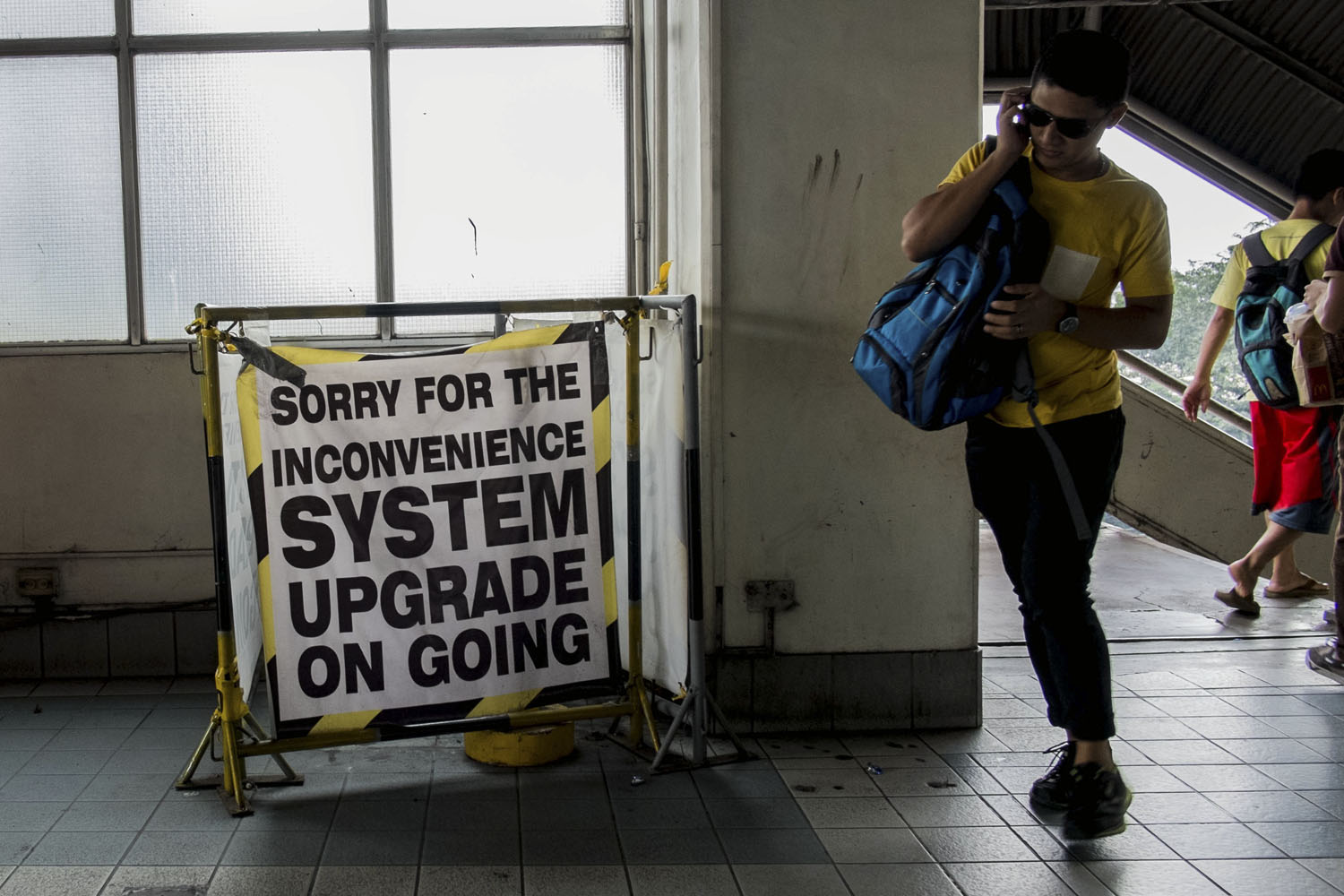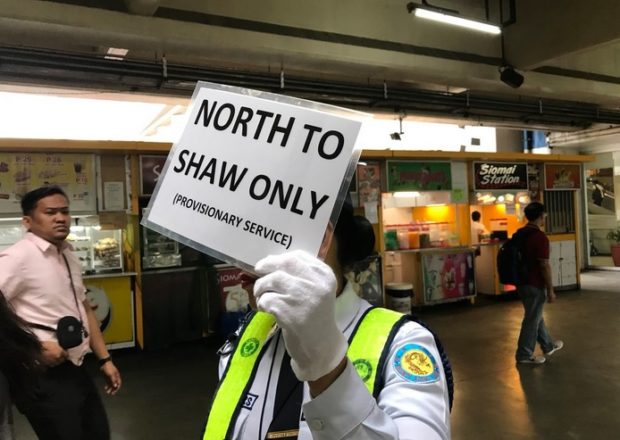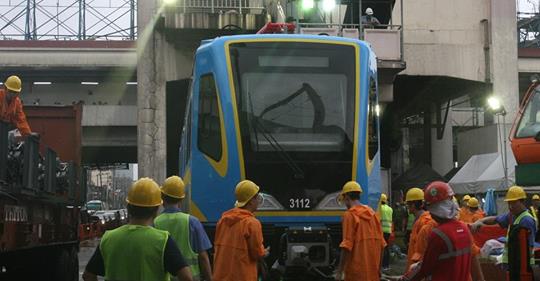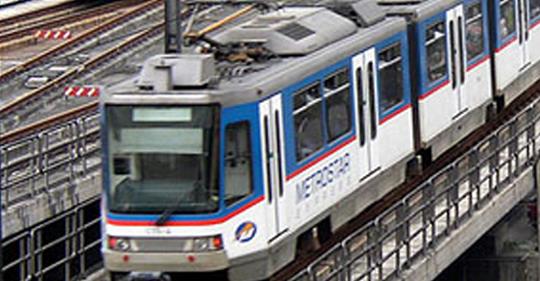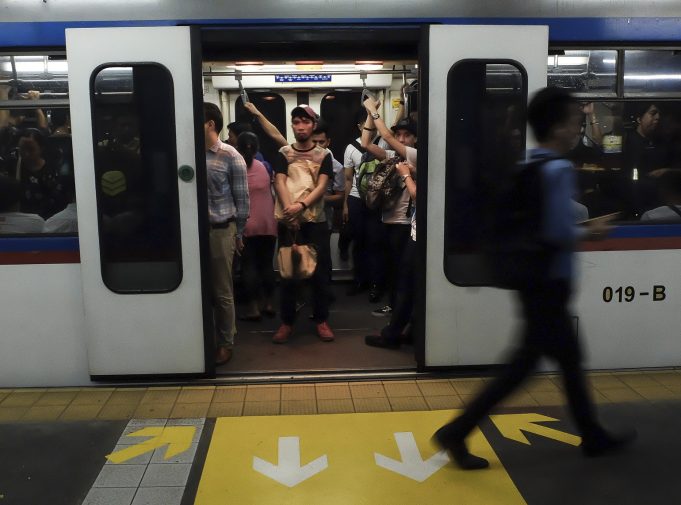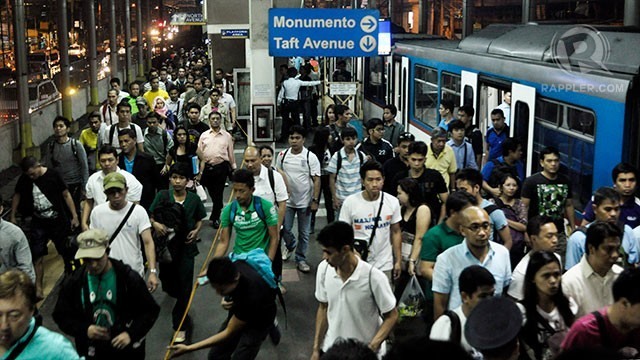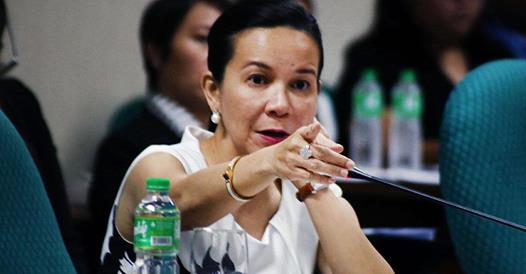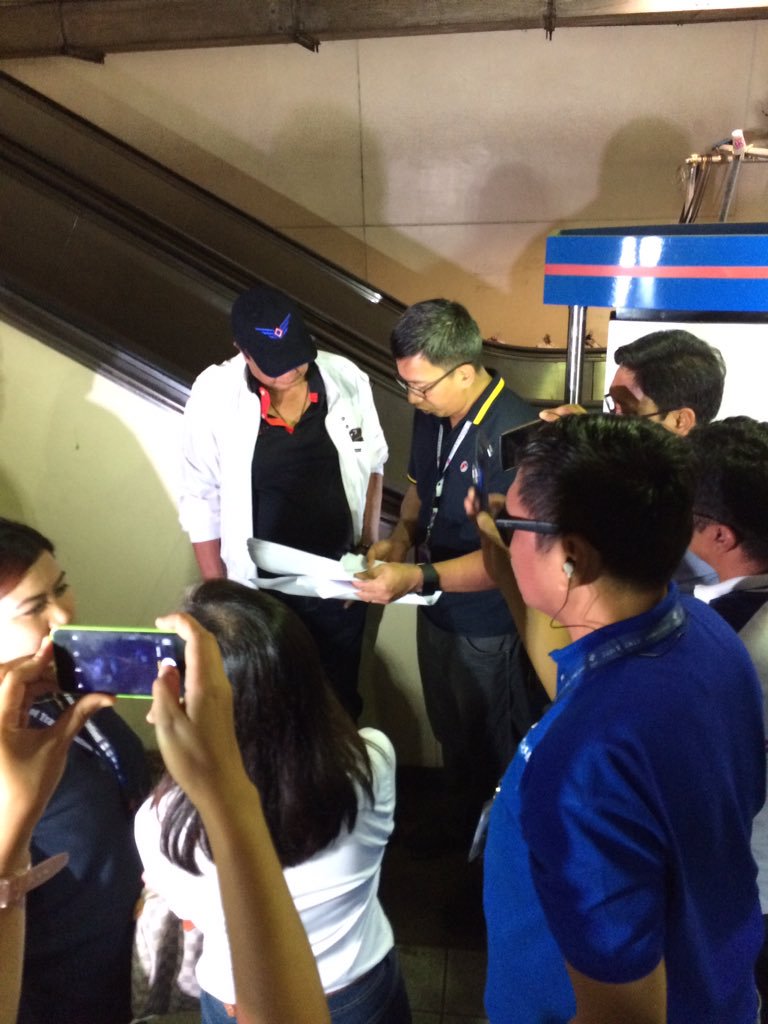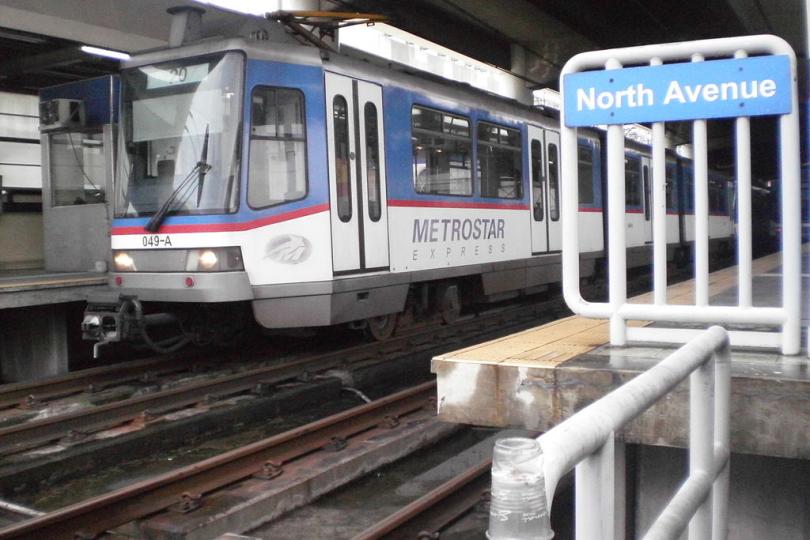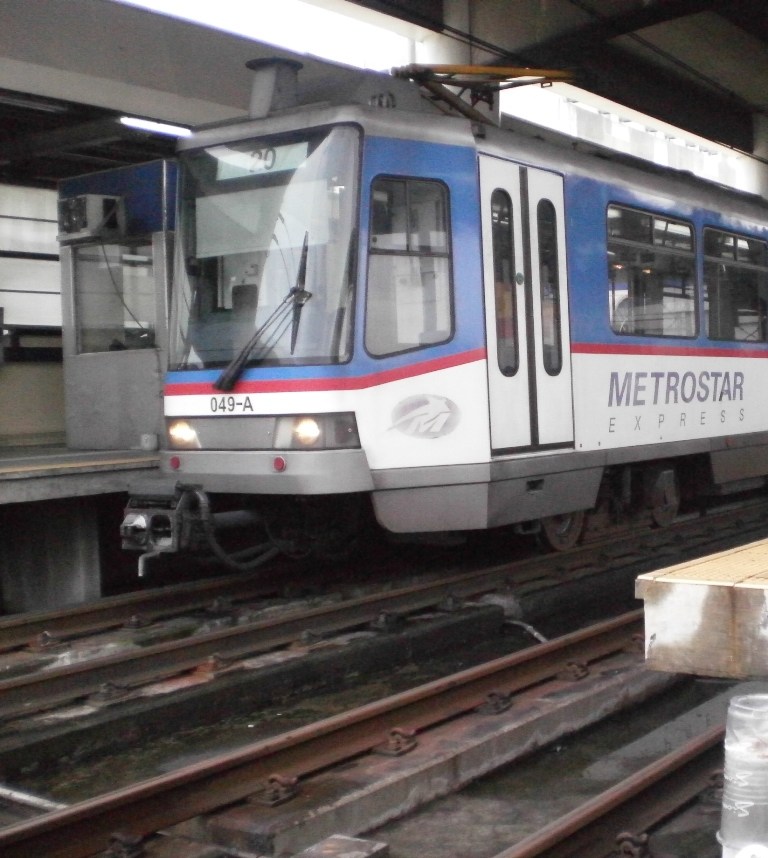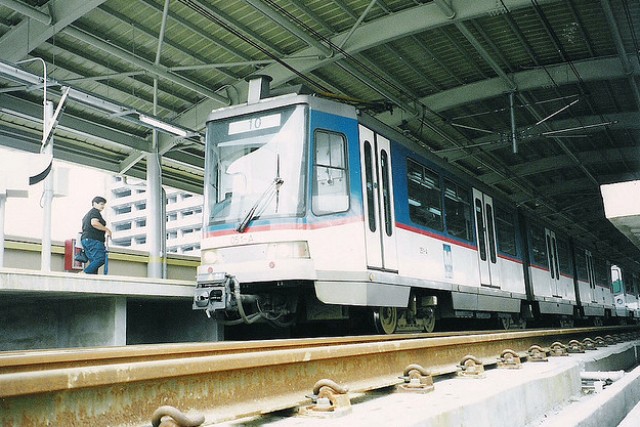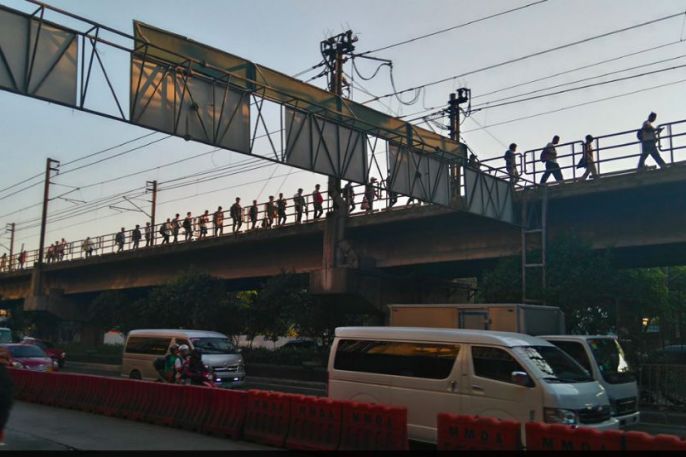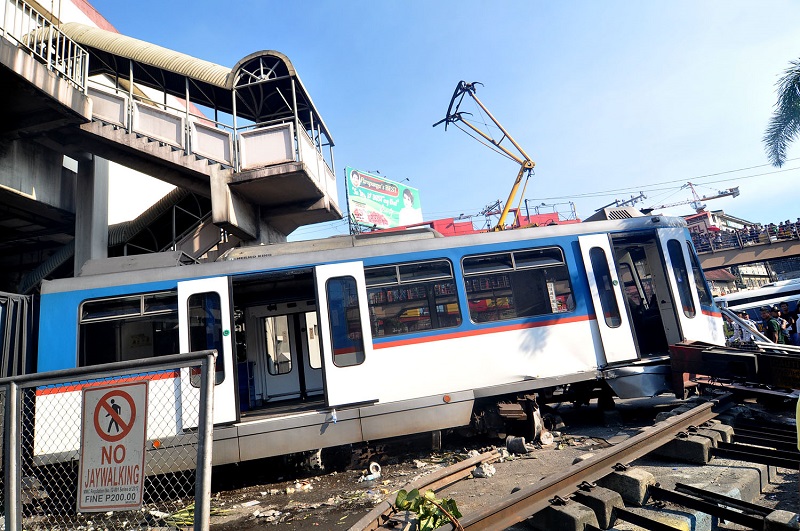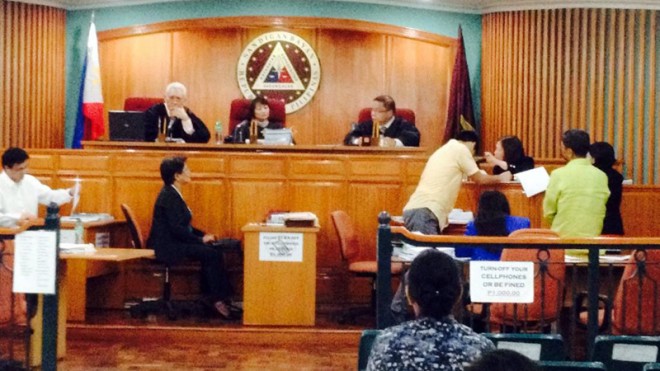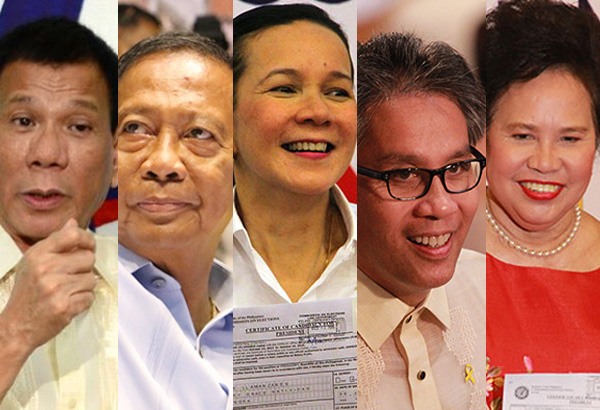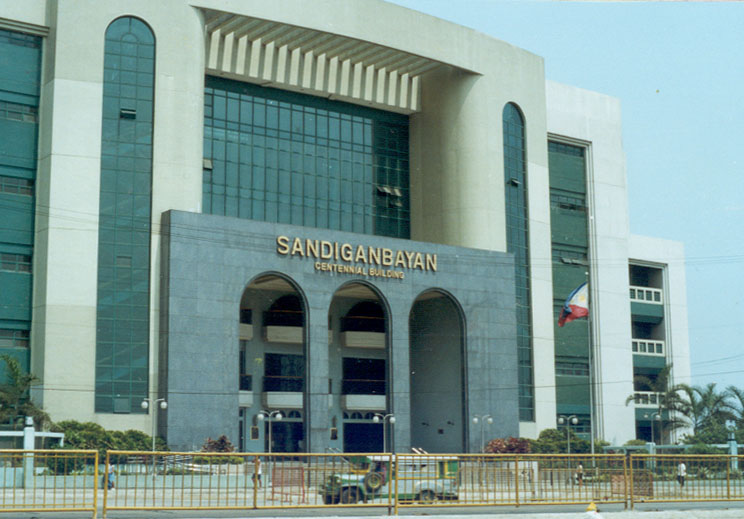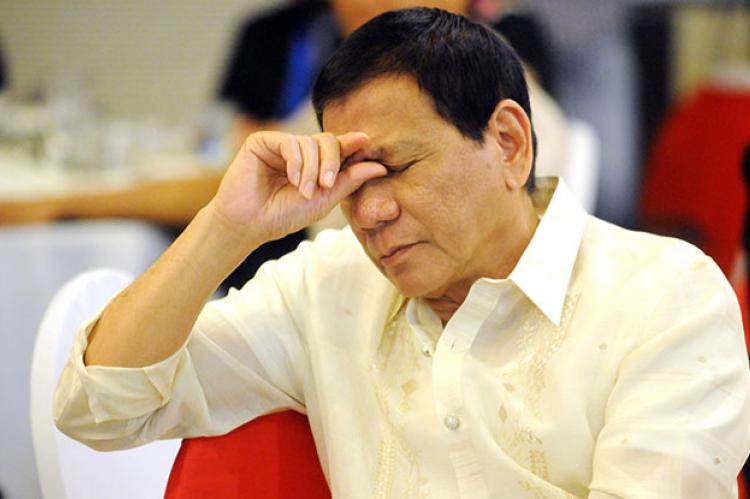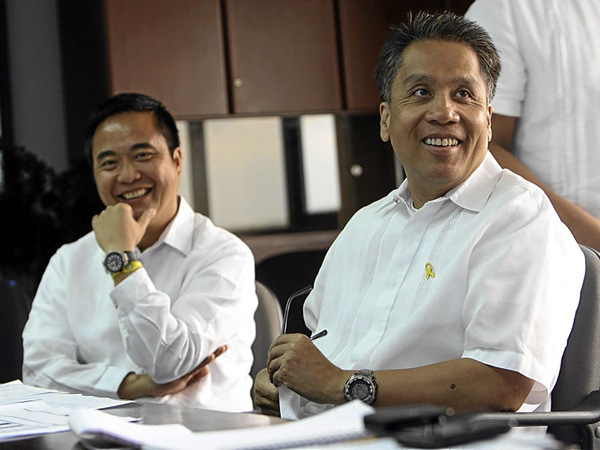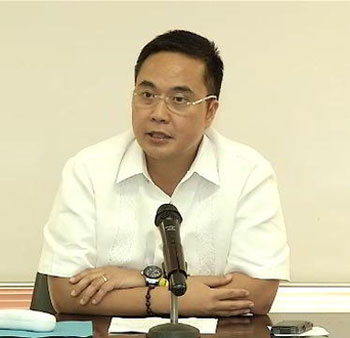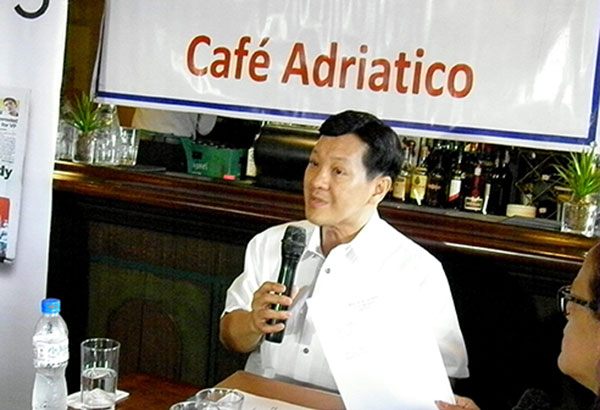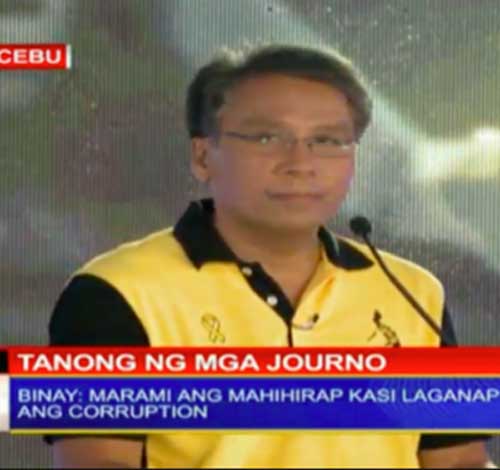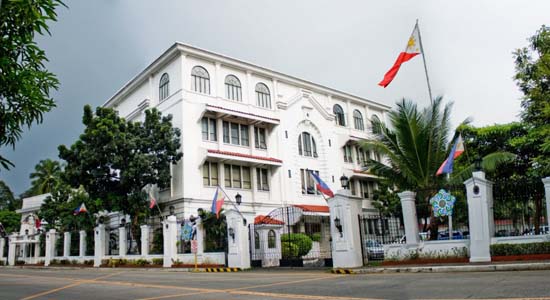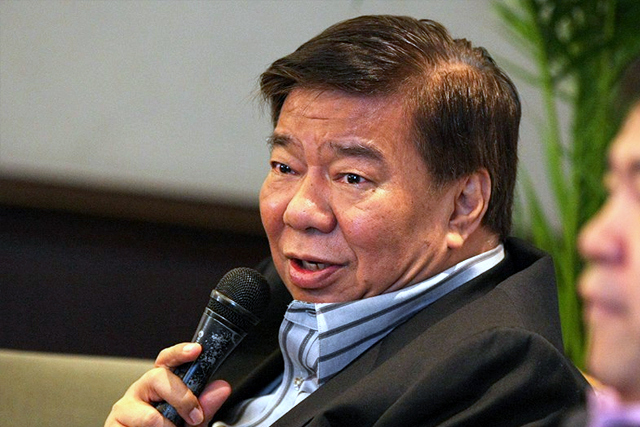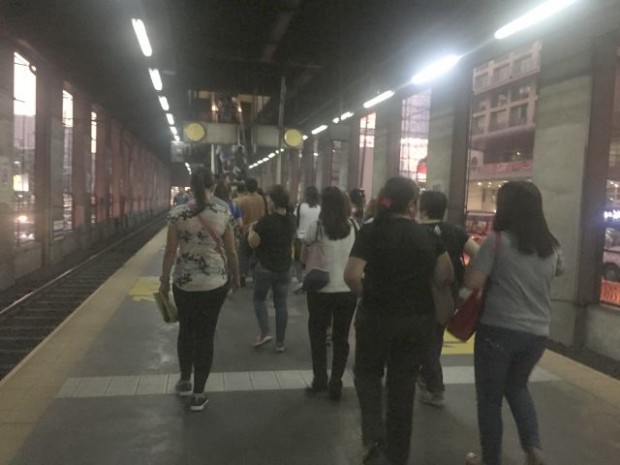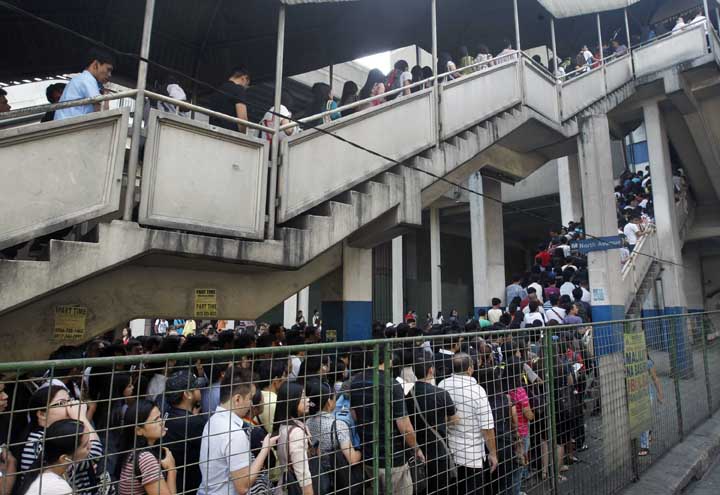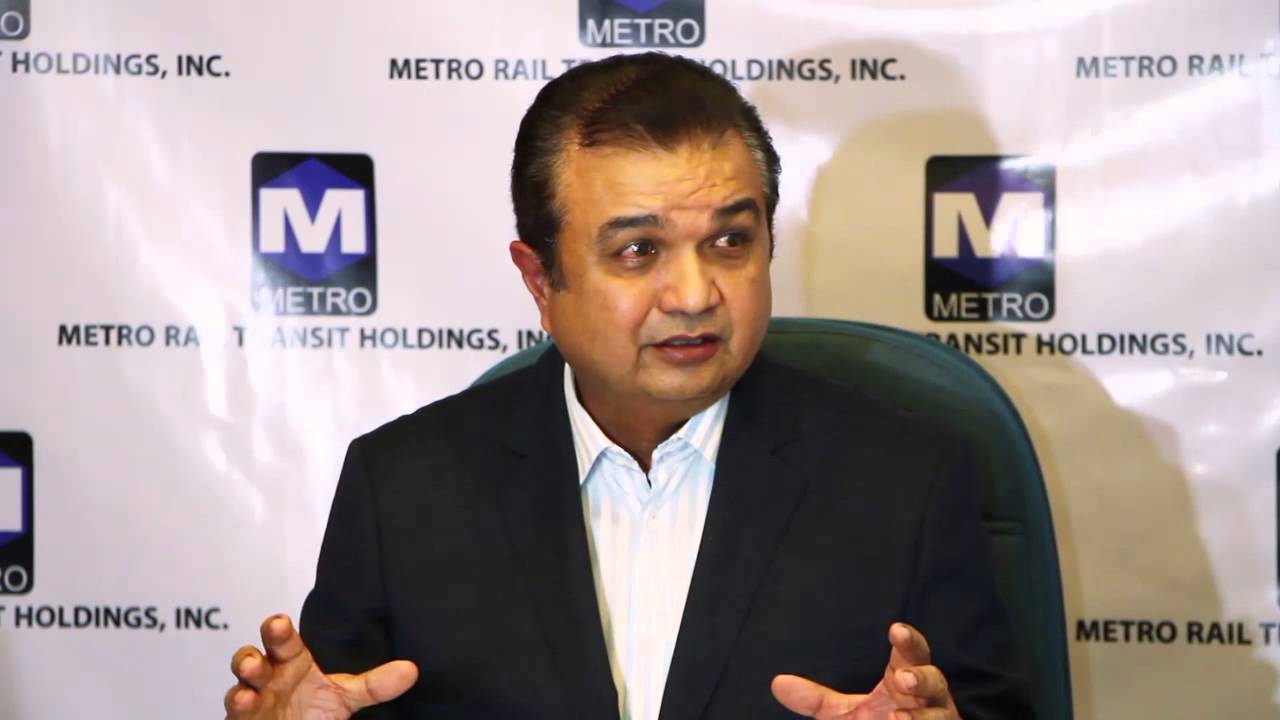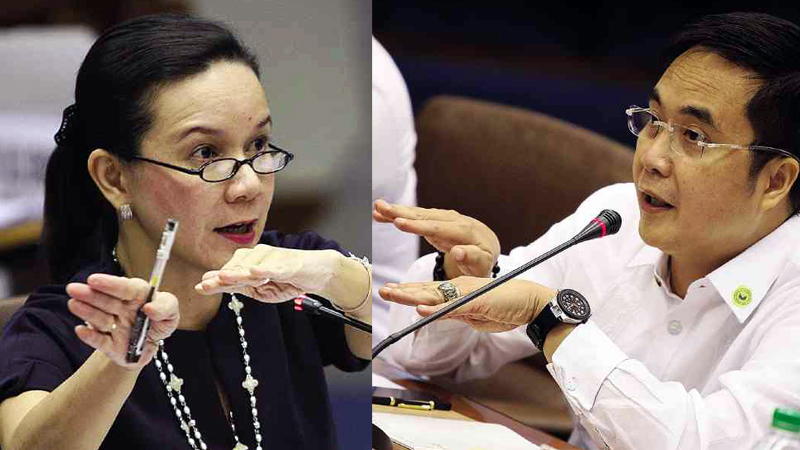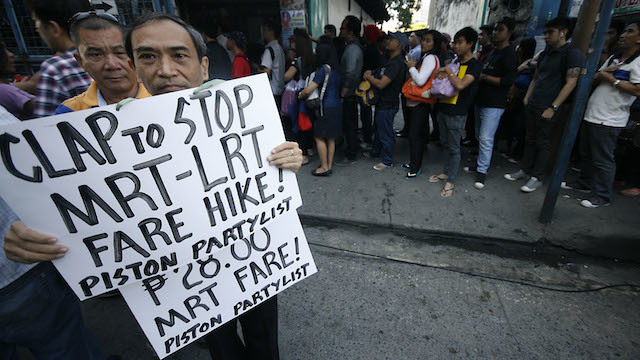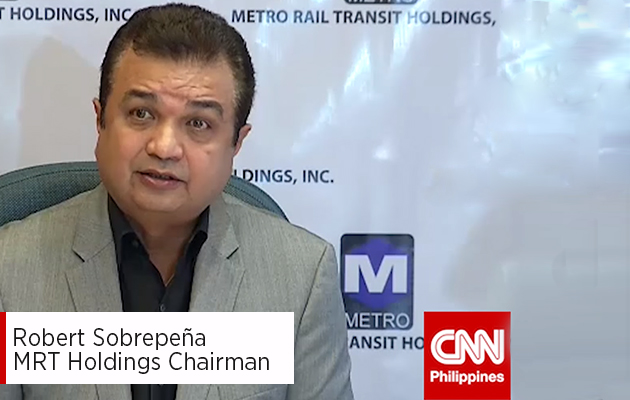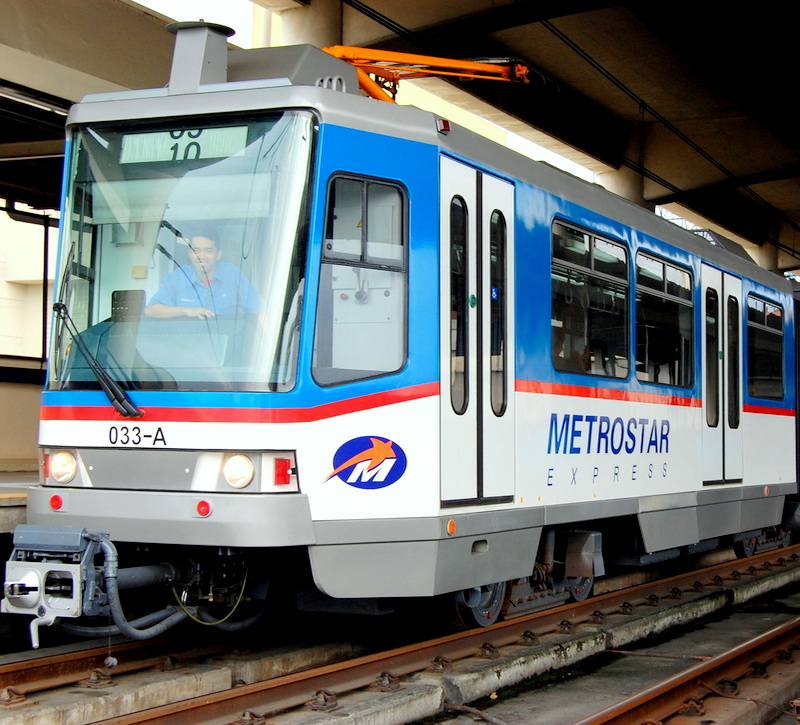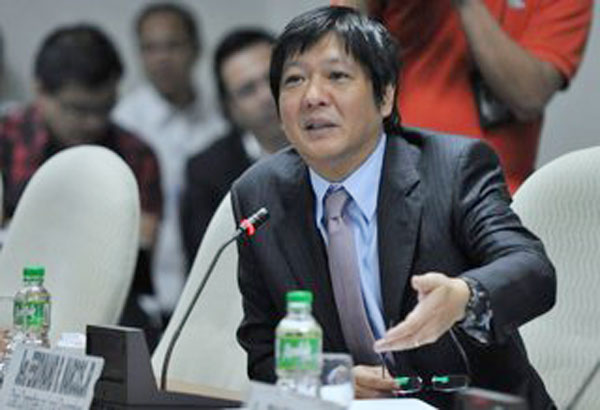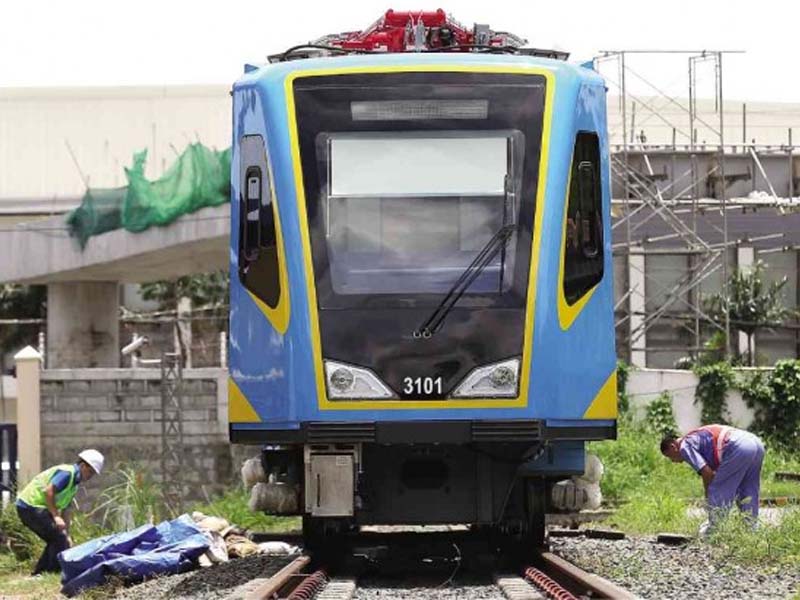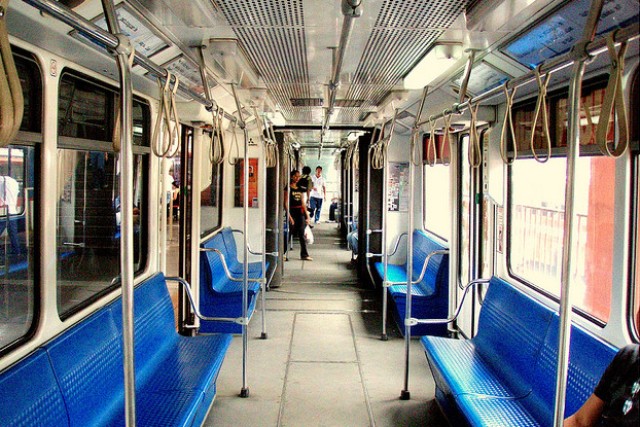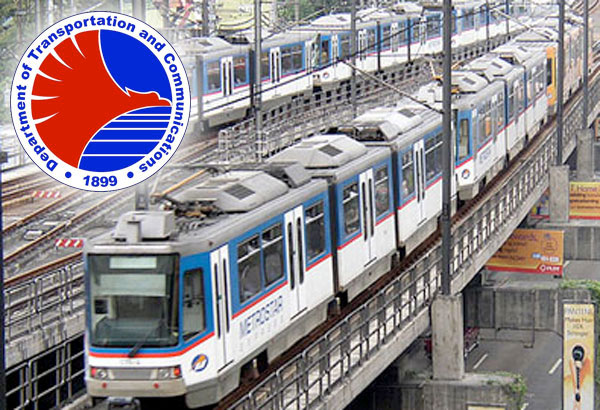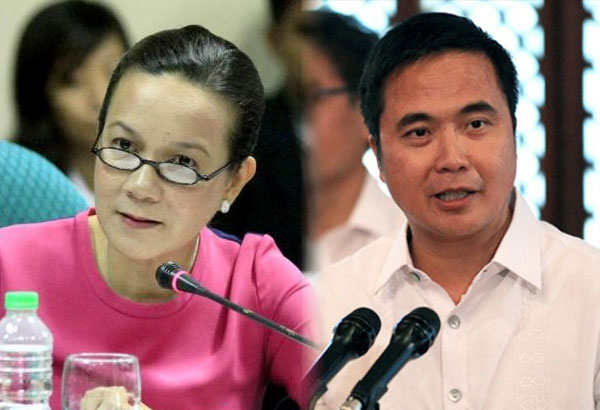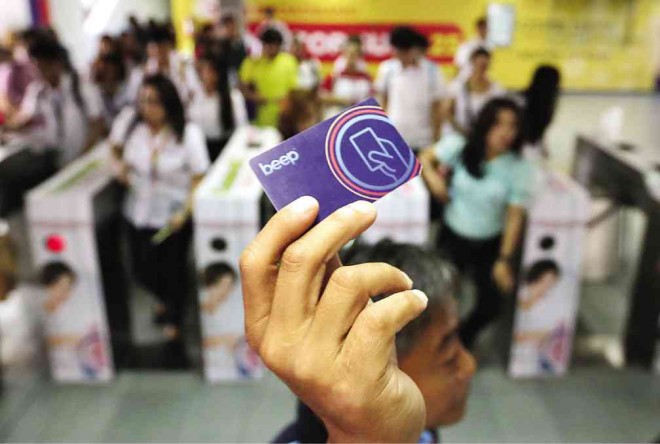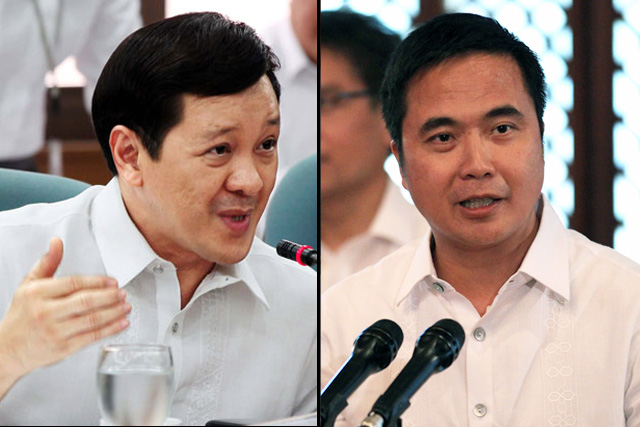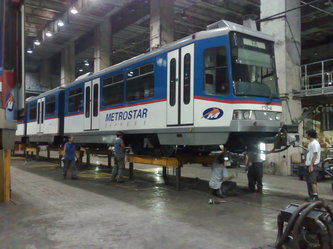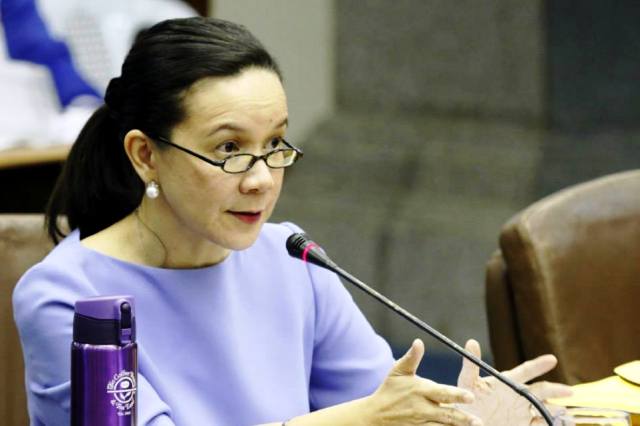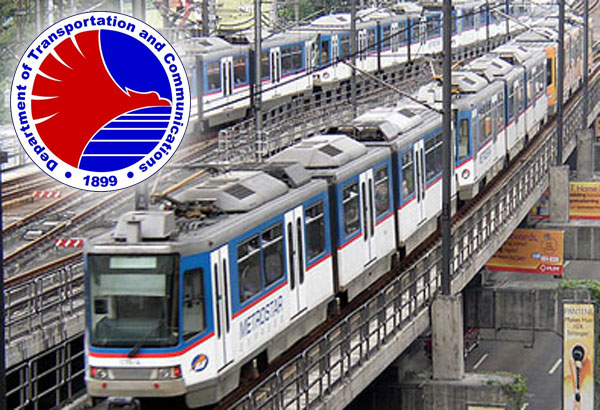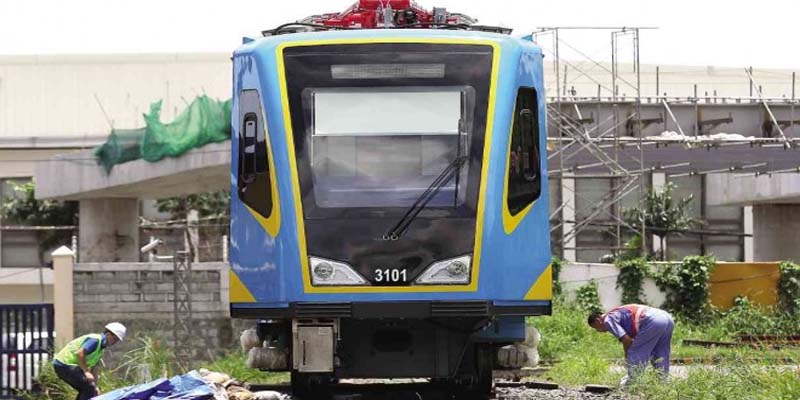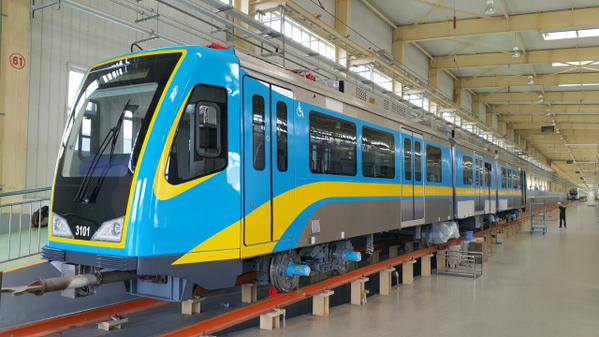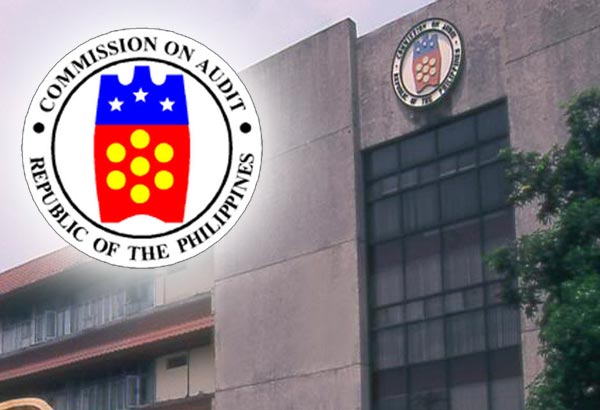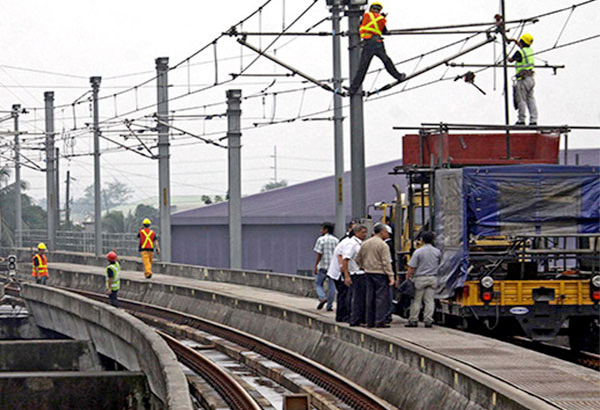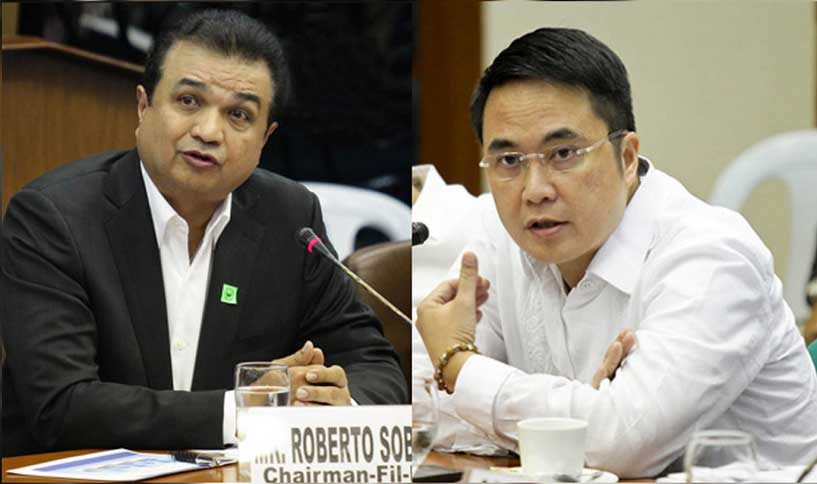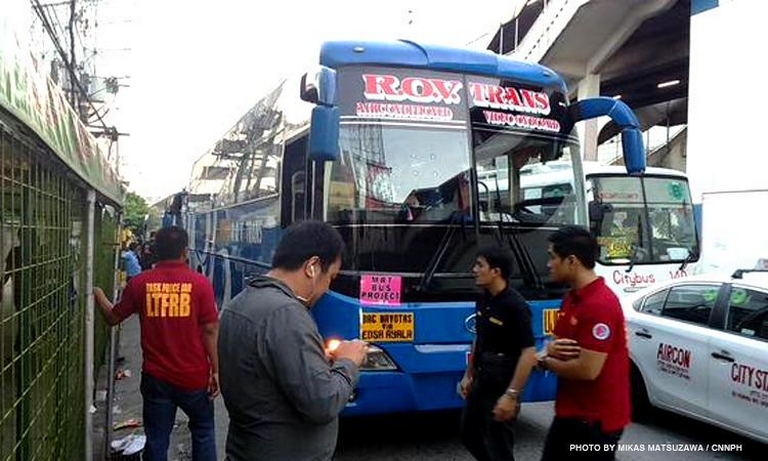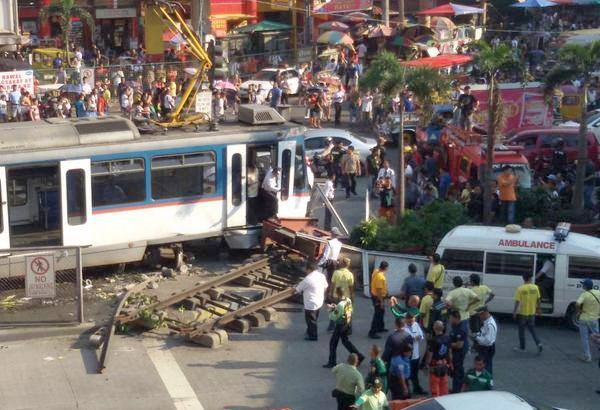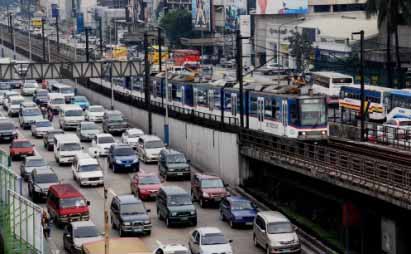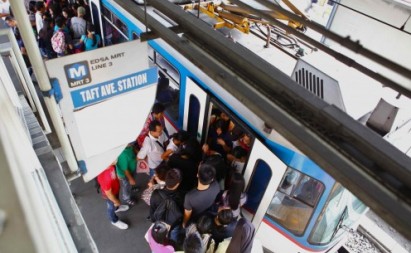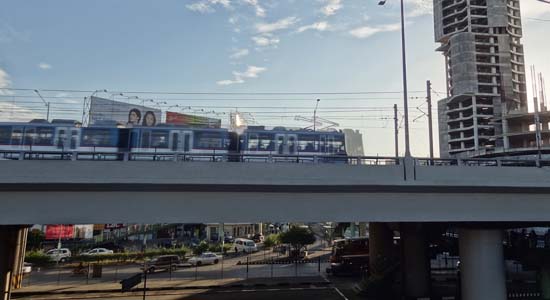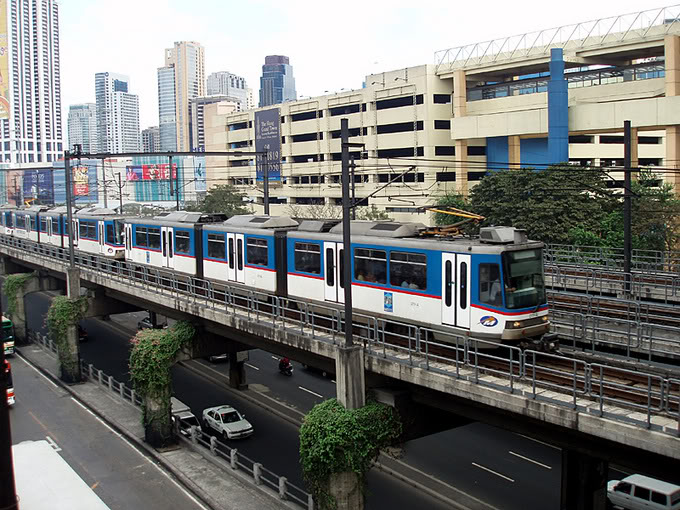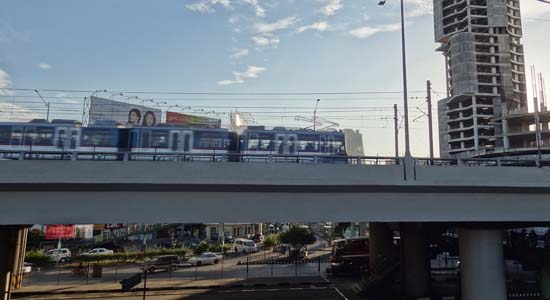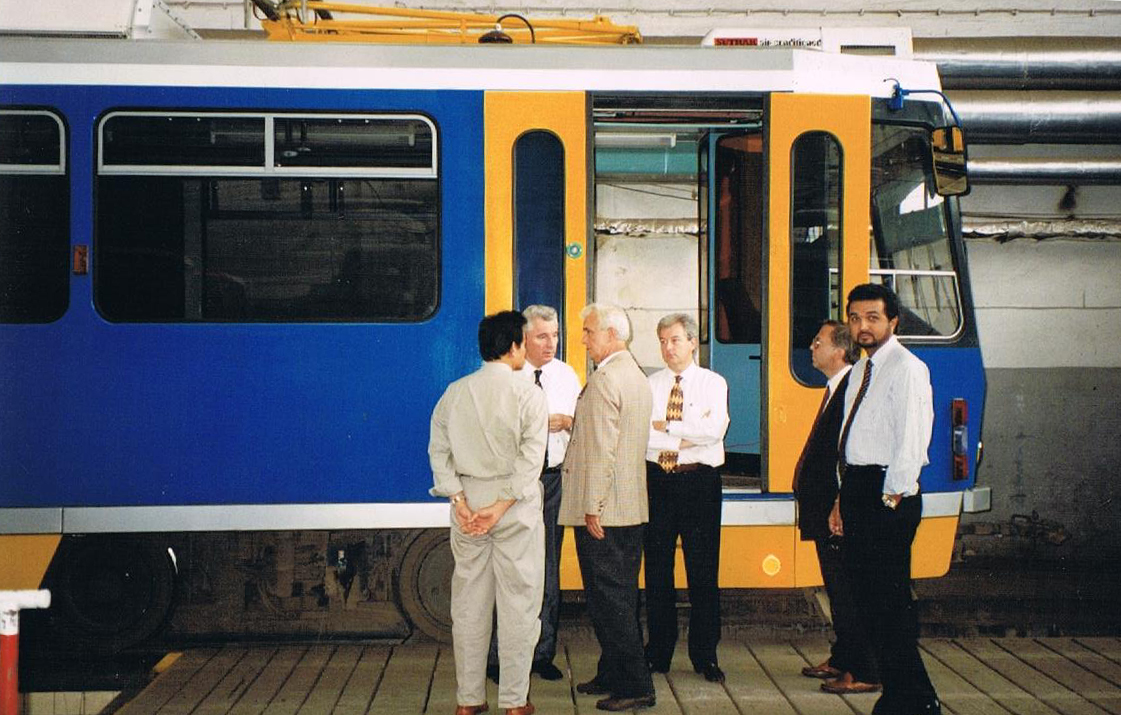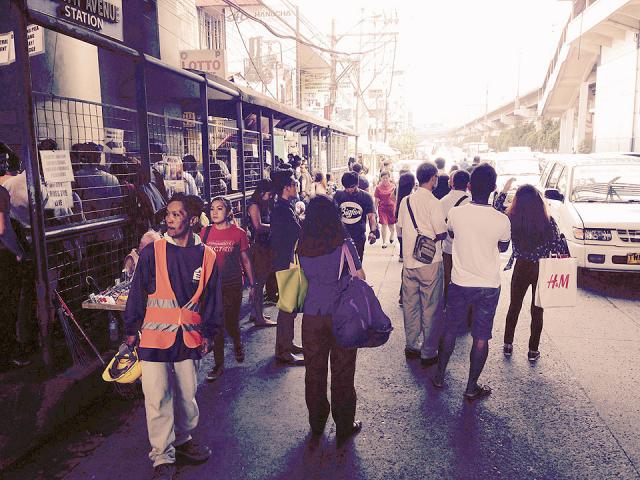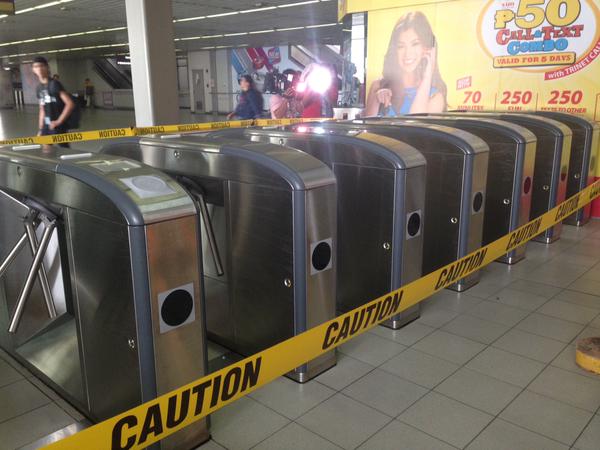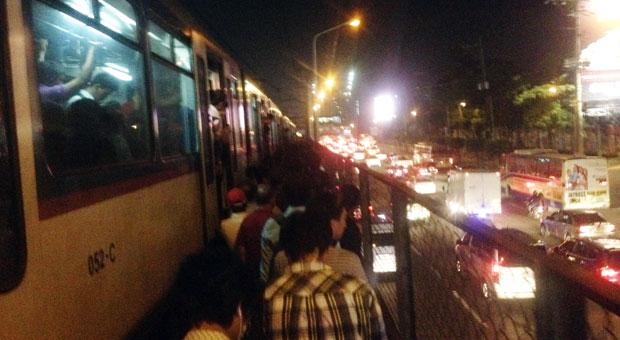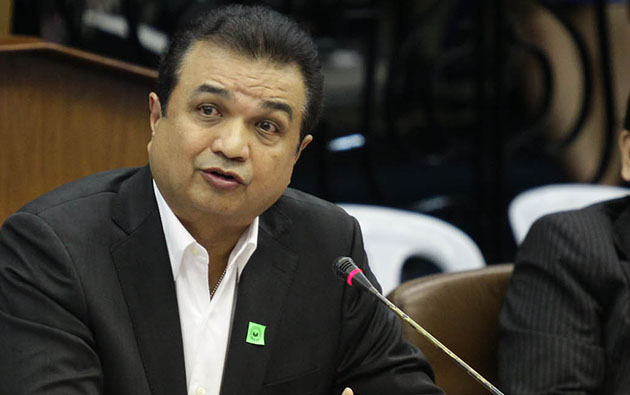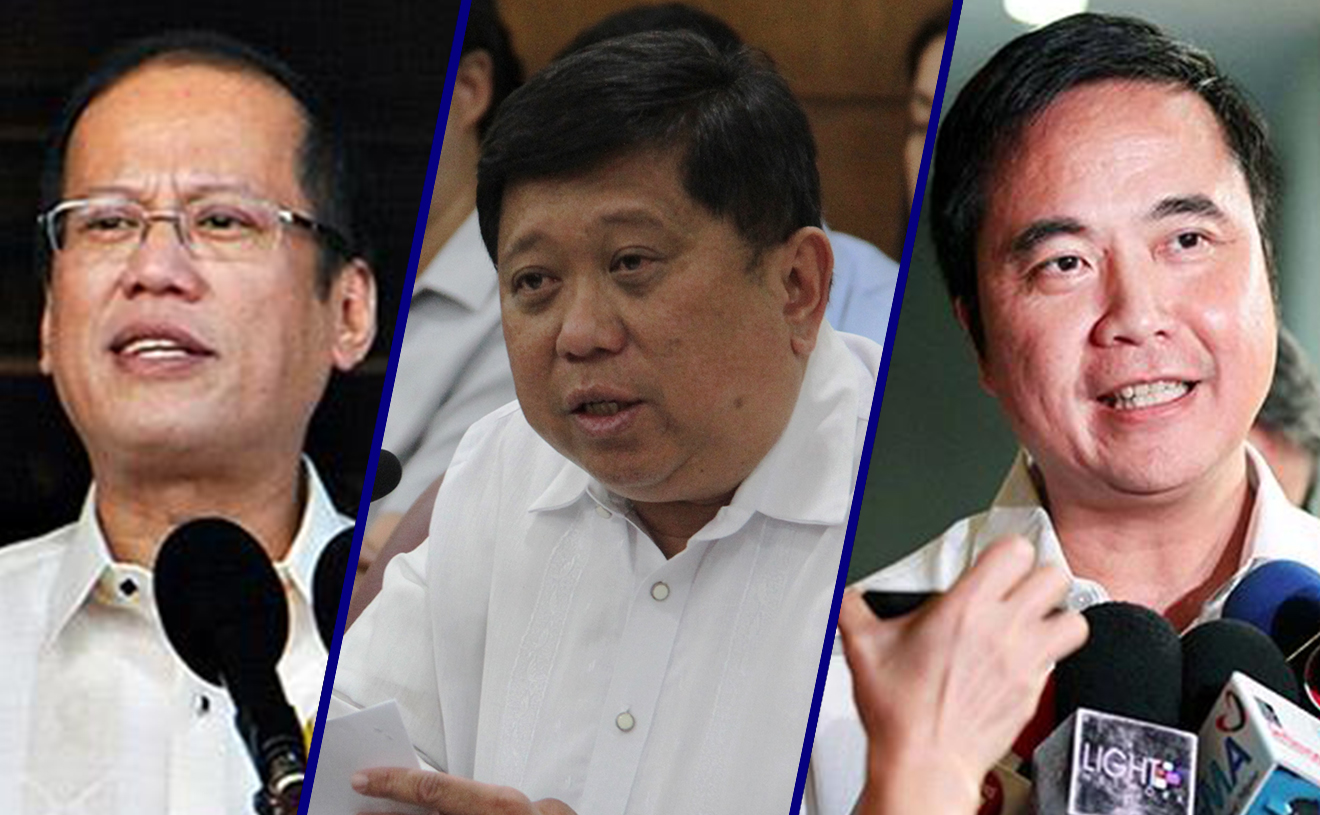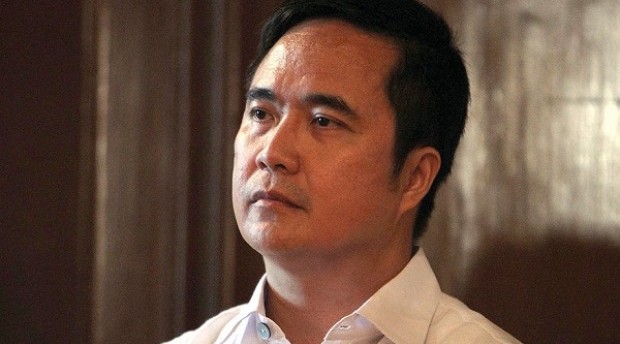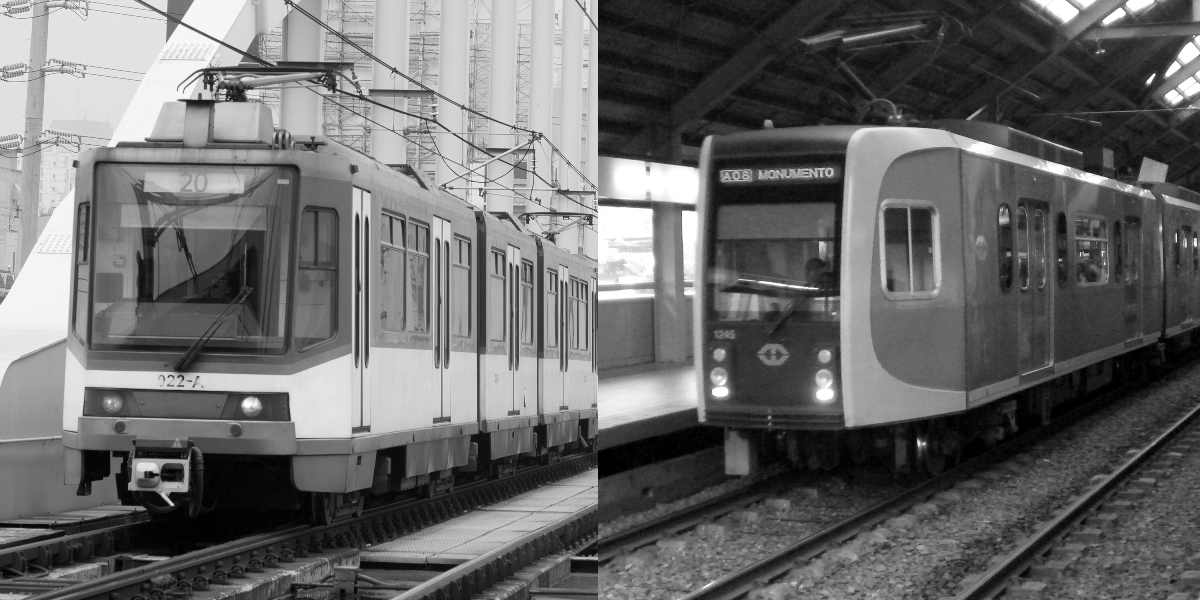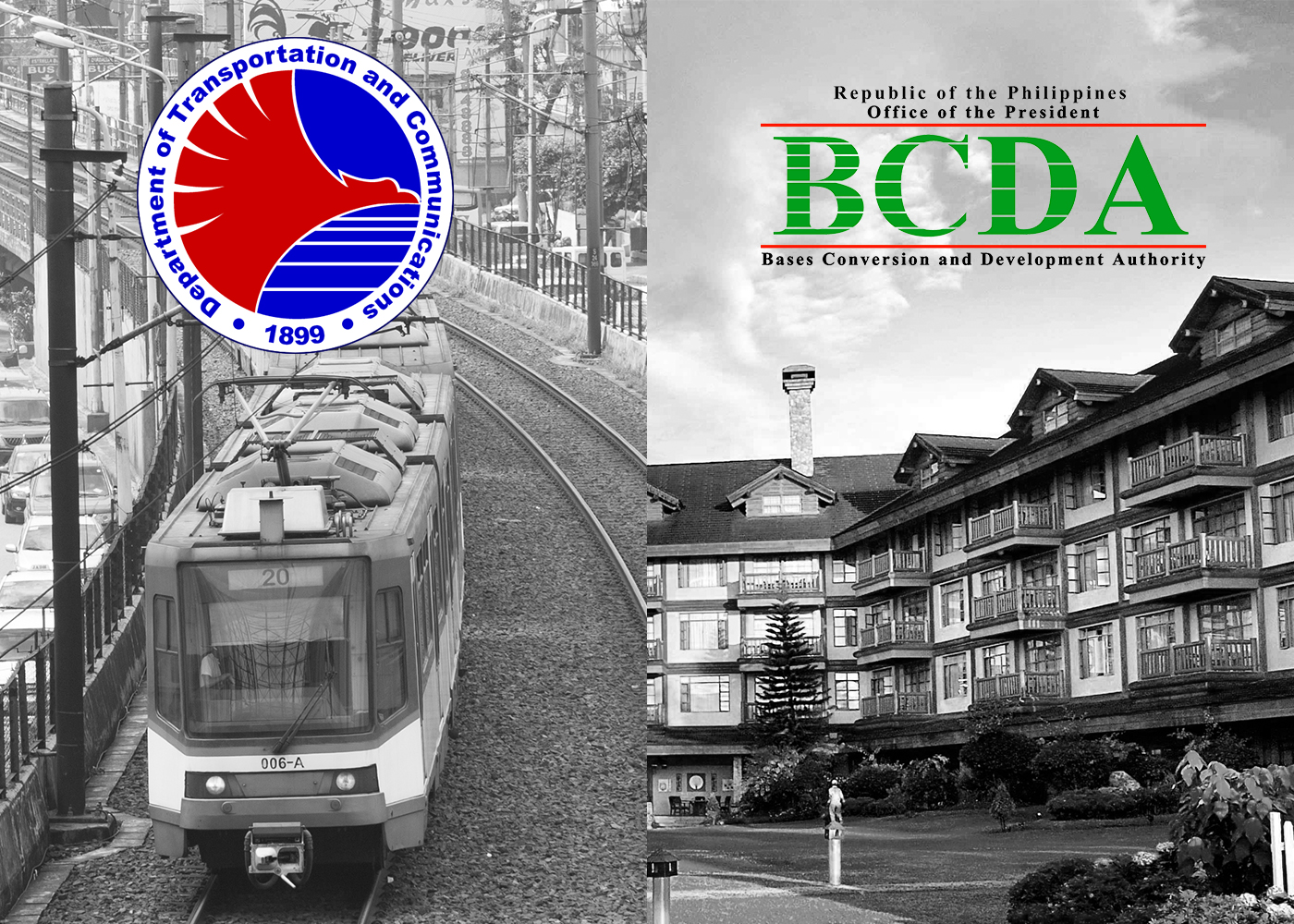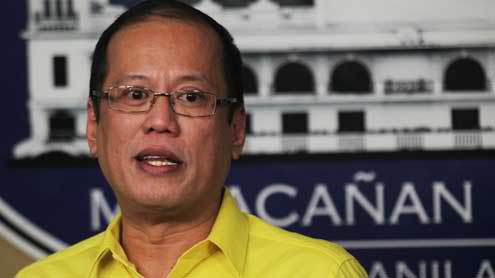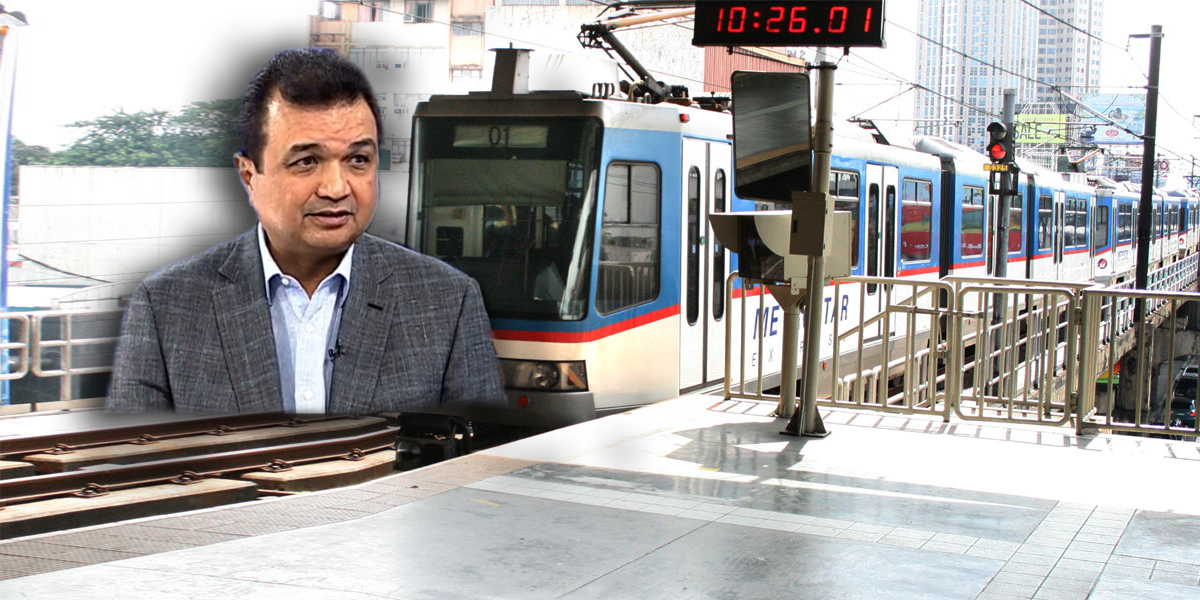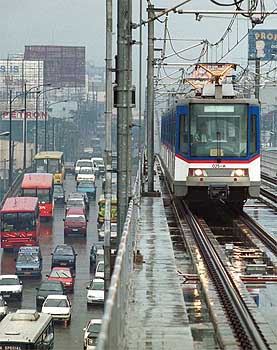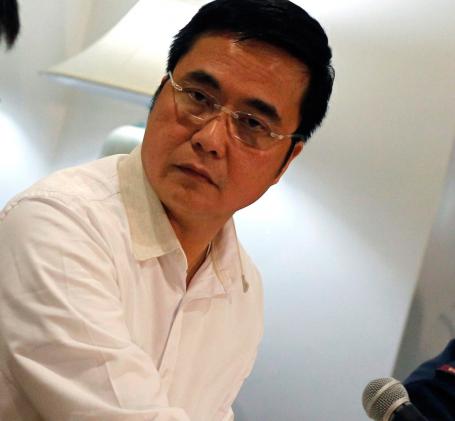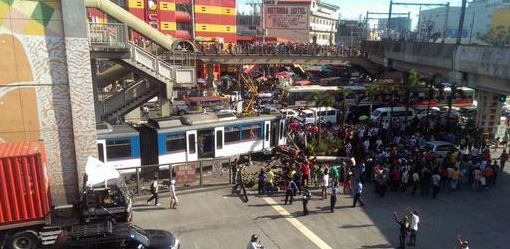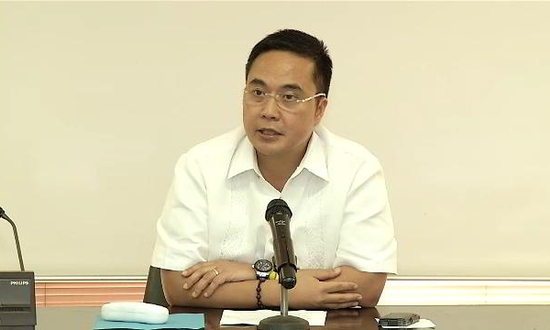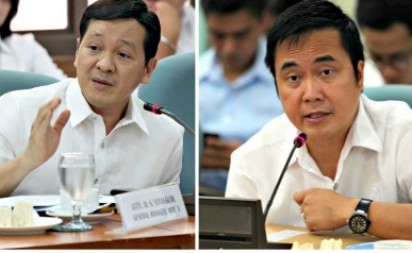By Mary Ann Ll. Reyes (HIDDEN AGENDA) | The Philippine Star | June 4, 2014
Last week’s resumption of the House Committee on Good Government inquiry into the $30-million Metro Rail Transit Line 3 extortion scandal turned anti-climactic following the surprise relief or resignation—depending on which side one is taking—of MRT3 general manager Al Vitangcol III.
Vitangcol has actually been on the hot seat ever since Czech Ambassador Josef Rychtar accused him and his businessman-emissary Wilson de Vera of extorting $30 million—later on pruned to $2 million—from Czech train manufacturer Inekon Group, in exchange for the supply of 48 new light rail vehicles (LRVs) for MRT3.
Vitangcol subsequently took a leave of absence but quietly slipped back to work about a month later after DOTC Secretary Joseph Abaya cleared him of the extortion charge even if the DOTC and the Department of Justice (DOJ)’s National Bureau of Investigation (NBI) were still in the midst of their parallel probes into this scandal.
But what apparently broke the camel’s back was this latest media expose on Vitangcol’s award in 2012 of the MRT3’ P517-million maintenance contract—minus a public bidding—to the consortium of Philippine Trams Rail Management & Services (PH Trams) and Comm Builders & Technology Inc. (CB&T), a newly formed and undercapitalized joint venture identified with his wife’s uncle Arturo Soriano.
Whether Vitangcol was fired or had resigned amid persistence charges of corruption and mismanagement, what is certain is that his exit shouldn’t in any way be construed either as a fitting closure to this scandal.
As pointed out by the Riles Laan sa Sambayanan (RILES) Network, Vitangcol should be held accountable for failing to solve the train system’s major problems.
Malacañang and the DOTC couldn’t use Vitangcol’s relief or resignation as a handy excuse to sweep the scandal under the rug.
First, the award of the contract to an unqualified party sans public bidding was grossly disadvantageous to the government in violation of anti-graft rules.
The six incorporator-directors of PH Trams include Arturo Soriano, who is the maternal uncle of Vitangcol’s wife; De Vera; Marlo dela Cruz and Manolo Maralit.
Second, Vitangcol and the DOTC leadership must be held accountable for the litany of passenger woes.
MRT3’s train congestions and system breakdowns took a turn for the worse following a decision two years back to dump Sumitomo Corp. of Japan as its decade-old operations and maintenance (O&M) operator and to take in the PH Trams-CB&T group as interim maintenance provider on the strength of a mere negotiated arrangement.
Third, the Palace should get to the bottom of the extortion charge by Rychtar.
In fact, Rychtar has even told the media about his readiness to waive his diplomatic immunity so he could be summoned to the congressional investigation.
And fourth, Malacañang should pursue other leads as to why the EDSA rail system has become a daily ride to hell.
Vitangcol has admitted that his uncle-in-law Soriano was indeed one of the six incorporator-directors of PH Trams when it was put up in August 2012, but had left the company by the time it won the DOTC contract as interim maintenance provider in October 2012.
Ilocos Norte Rep. Rodolfo Fariñas, who moved for the committee to look deeper into the contract, dismissed Vitangcol’s explanation that Soriano had already divested from PH Trams as a mere excuse.
Meanwhile, ACT Teachers Rep. Antonio Tinio noted that PH Trams alone would not have qualified to join the DOTC bidding, and was able to participate only because of its joint venture with CB&T. Given PH Trams’ limited capital, Tinio said the emerging “hypothesis” was that its incorporators’ ties with Vitangcol was the main thing it had going for it.
For his part, Cavite Rep. Elpidio Barzaga wondered why DOTC awarded the maintenance contract to PH Trams when it was only two months old and had a relatively small paid-up capital.
And more questions crop up once we factor-in the points raised by MRTC directors Rafael Perez de Tagle Jr. and Rogelio Bondoc Jr. in separate letters they sent to President Aquino last April 2.
De Tagle and Bondoc told President Aquino that the incessant media reports on accidents, train shortages, breakdowns and long station queues only occurred after the DOTC took over the maintenance of the MRT3 System last October 2012 and that these incidents never happened before when TES-P/Sumitomo was handling the maintenance of the MRT3 System for over 10 years.
Tagle and Bondoc told President Aquino that three years ago, MRTC already told the DOTC the need to bid out the maintenance deal for this train system, as the contract of TES-P/Sumitomo was about to end already at that time.
Instead of acting on the firm’s reminder in a “timely fashion,” they said DOTC procrastinated and waited until only a few days was left in the contract’s term before directing MRTC to conduct a public bidding for a new maintenance provider and to exclude TES-P/Sumitomo from it.
Given the “very limited time” to conduct the necessary due diligence on the qualifications of prospective bidders and the required newspaper publication of proper notices to interested parties, they informed the President that MRTC had no recourse then but to allow DOTC to select an interim maintenance provider— on condition that the Terms of Reference (TOR) be first submitted to and approved by MRTC in keeping with the terms of their BLT agreement.
However, DOTC reneged on their BOT pact and named the joint venture PH Trams-CB&T as the interim maintenance provider through a mere negotiated arrangement instead of the required public bidding, De Tagle and Bondoc said.
What makes this DOTC action worse, they said, is that a Nov. 9, 2012 certification by the Securities and Exchange Commission (SEC) proves that PH Trams was not even a duly registered entity with the SEC, let alone qualified to maintain an important public utility system like the MRT3, which was valued at $750 million or roughly P30 billion.
Violating the BLT anew, the MRTC directors told President Aquino that the DOTC later on awarded the one-year P685 million-maintenance contract for MRT3 to Autre Porte Technique Global Inc. (APT Global), without first submitting the TOR to MRTC for its prior consideration and approval.
They sought President Aquino’s assistance in directing DOTC to conduct an independent technical audit and, after such an audit, to conduct a public bidding on the selection of a financially and technically qualified maintenance provider with adequate experience in the business to maintain the MRT3 System.
An independent audit of the MRT3 system is rather urgent, given the month-ago warning by rail consultant Rolf Jhann Bierithat that the 15-year-old trains are in dire need of new motors and that the successive breakdowns were symptomatic of “metal fatigue.”
In their second letter to President Aquino, De Tagle and Bondoc also countered the DOTC spin that it had to forge a supply contract with Dalian Locomotive because of MRTC’s repeated failure to acquire additional LRVs and modernize the system.
The MRTC directors said the award of such a supply contract to Dalian Locomotive was in violation of the Revised Build and Lease Agreement—dated Aug. 8, 1997—between the Philippine Government, through DOTC, and MRTC.
The BLT deal, which remains in force, bars DOTC from operating trains in the MRT3 system unless such LRVs, according to De Tagle and Bondoc, are supplied by MRTC, or were acquired by DOTC after MRTC had been afforded its right of first refusal.
In keeping with the BLT accord’s terms and conditions, they noted that MRTC “has long been working with DOTC to procure additional LRVs to increase capacity from 350,00 passengers to 660,000 passengers a day.”
Way back in 2000 upon the MRT3’s completion, they said MRTC had already proposed the purchase of additional LRVs to meet future demand, given the two-year lead time for the manufacture of new coaches. MRTC shareholders again proposed the purchase of LRVs at no cost to the government in November 2010.
DOTC never acted on the new proposal. They said that DOTC instead awarded a P3.769-billion contract to Dalian Locomotive for the supply of 48 LRVs despite MRTC’s objections, prompting the move by its stockholders to take legal action against DOTC for once more violating the BLT agreement.
De Tagle and Bondoc told President Aquino that MRTC was aware of and respects Malacañang’s plan to buy out the private owners and completely take control of MRT3, but they urged him to tell the DOTC to respect the BLT pact and comply with its terms and conditions until such time that the Palace carries out and completes its takeover move.
“We believe that until there is a buy-out of the MRT3 system, the most expeditious way to procure additional LRVs would be to follow what is provided for in the BLT Agreement, which was crafted under the same principles of your administration’s PPP Program,” they said to the Chief Executive.
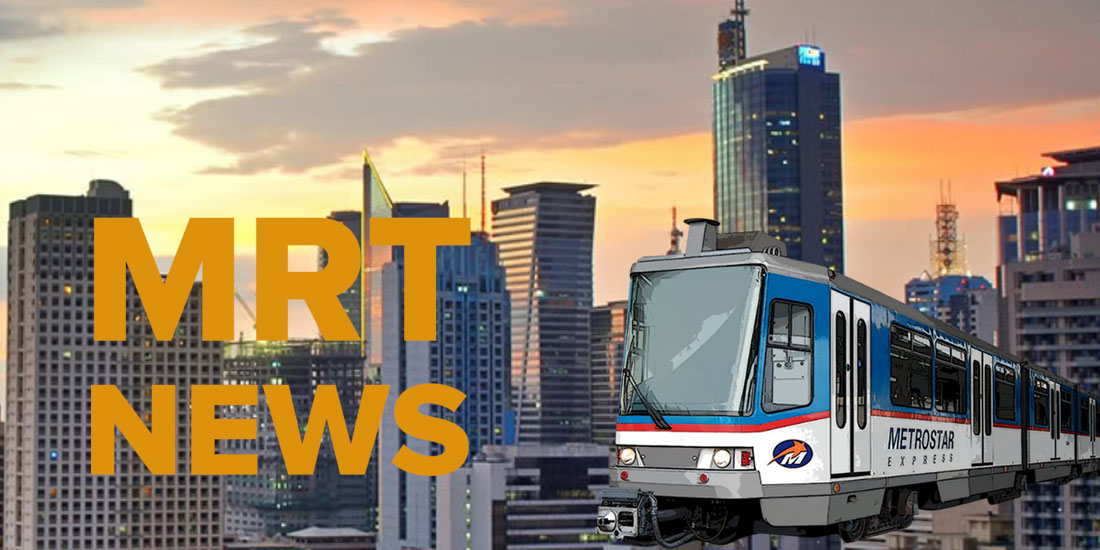
 Twitter
Twitter Facebook
Facebook